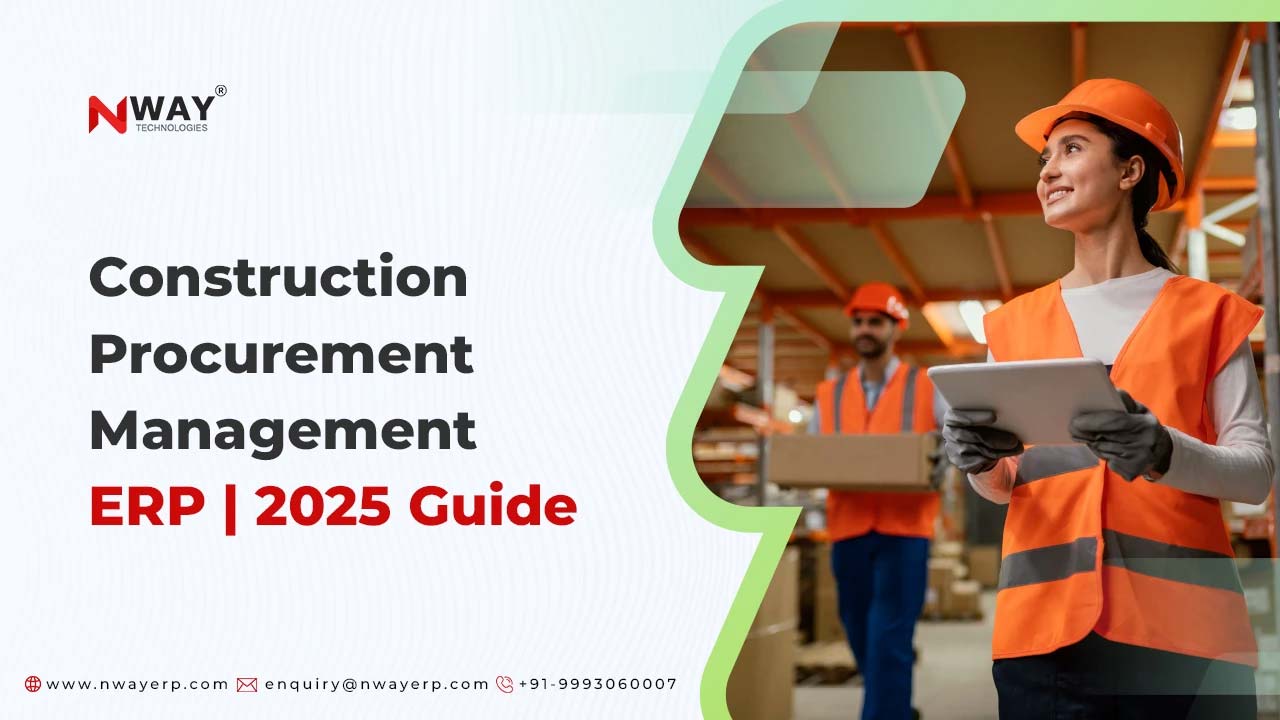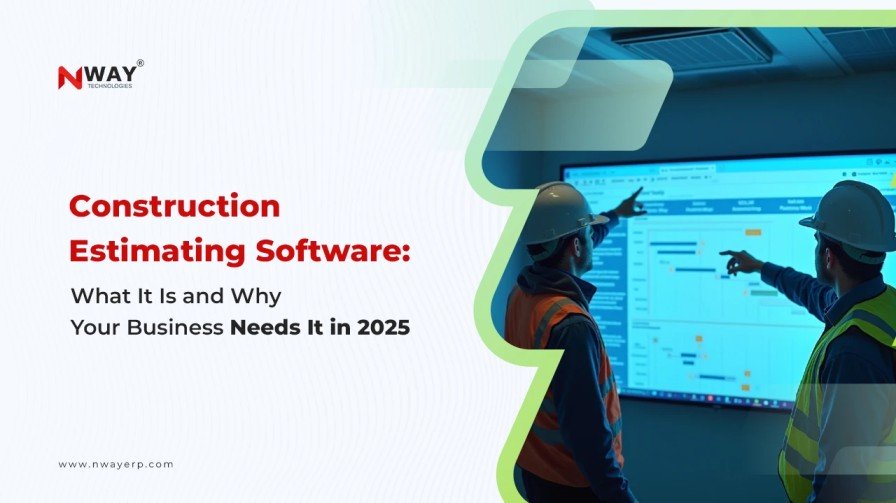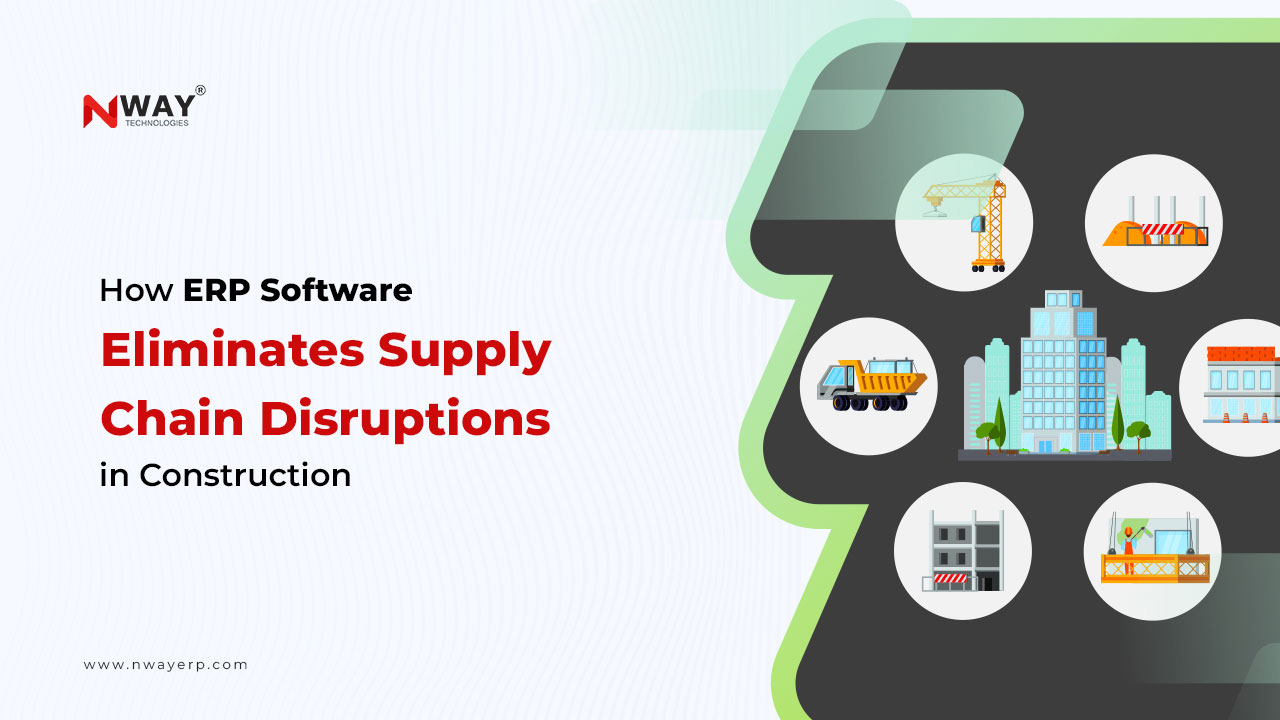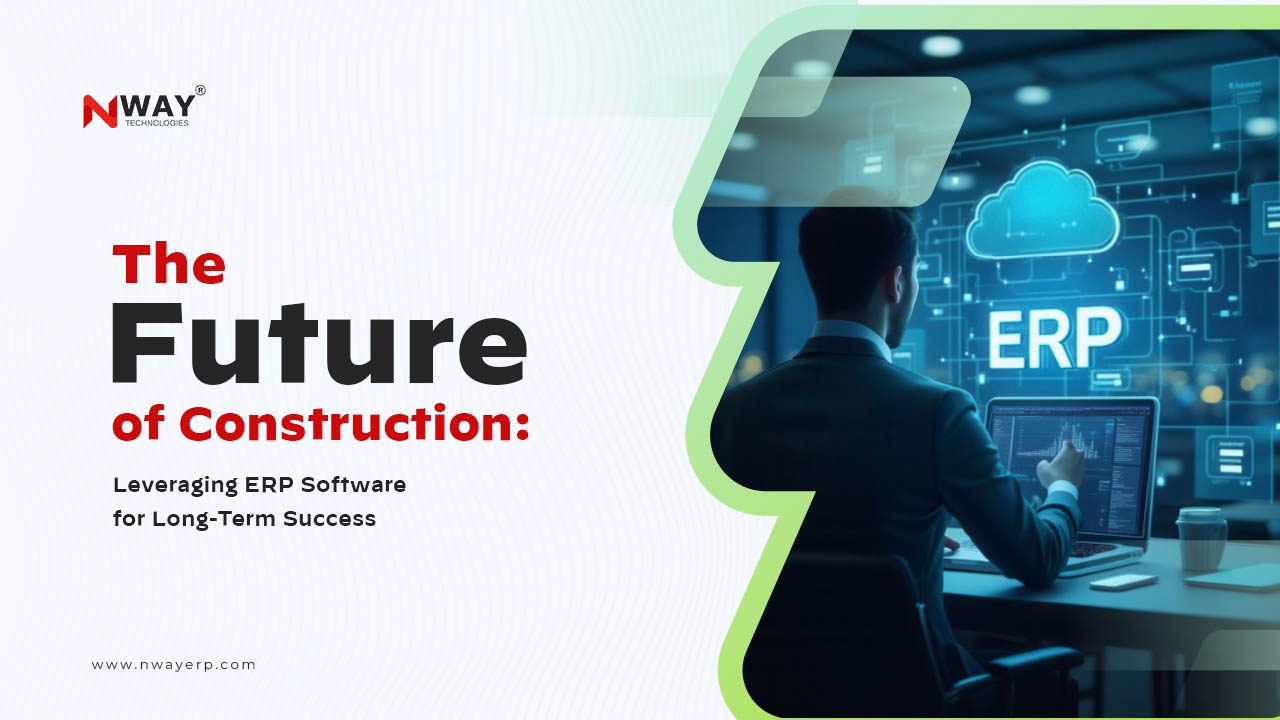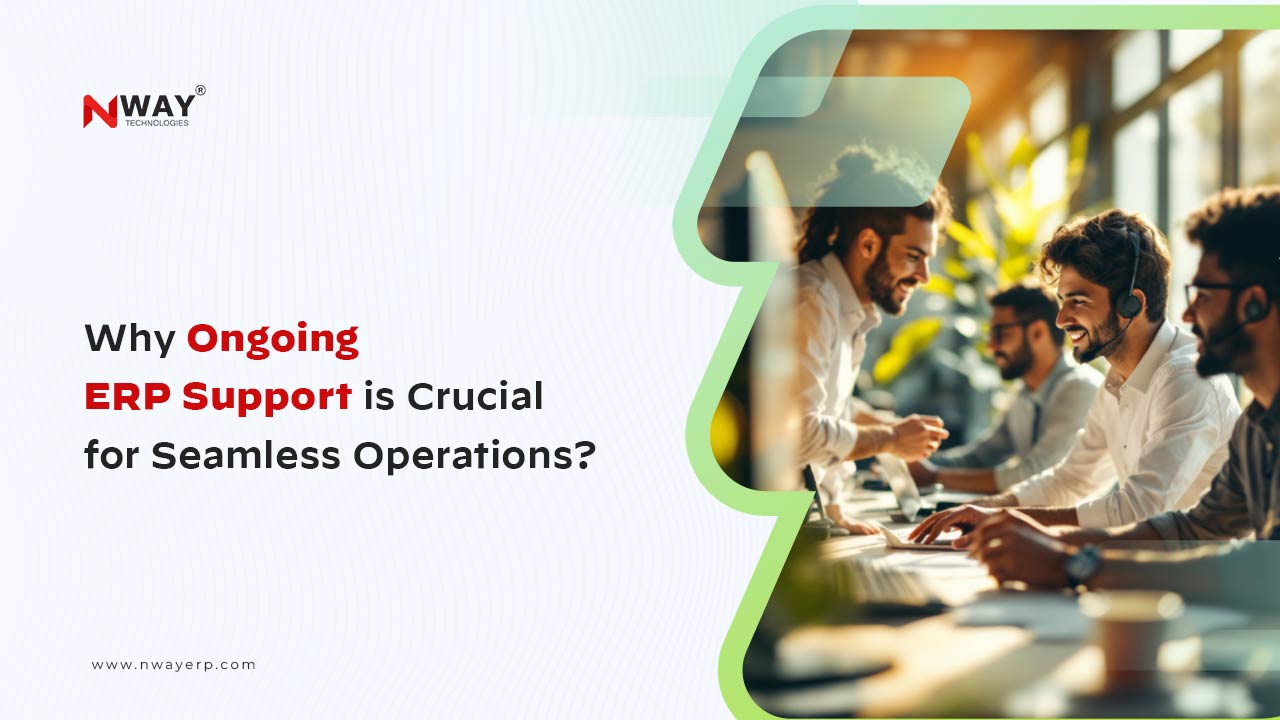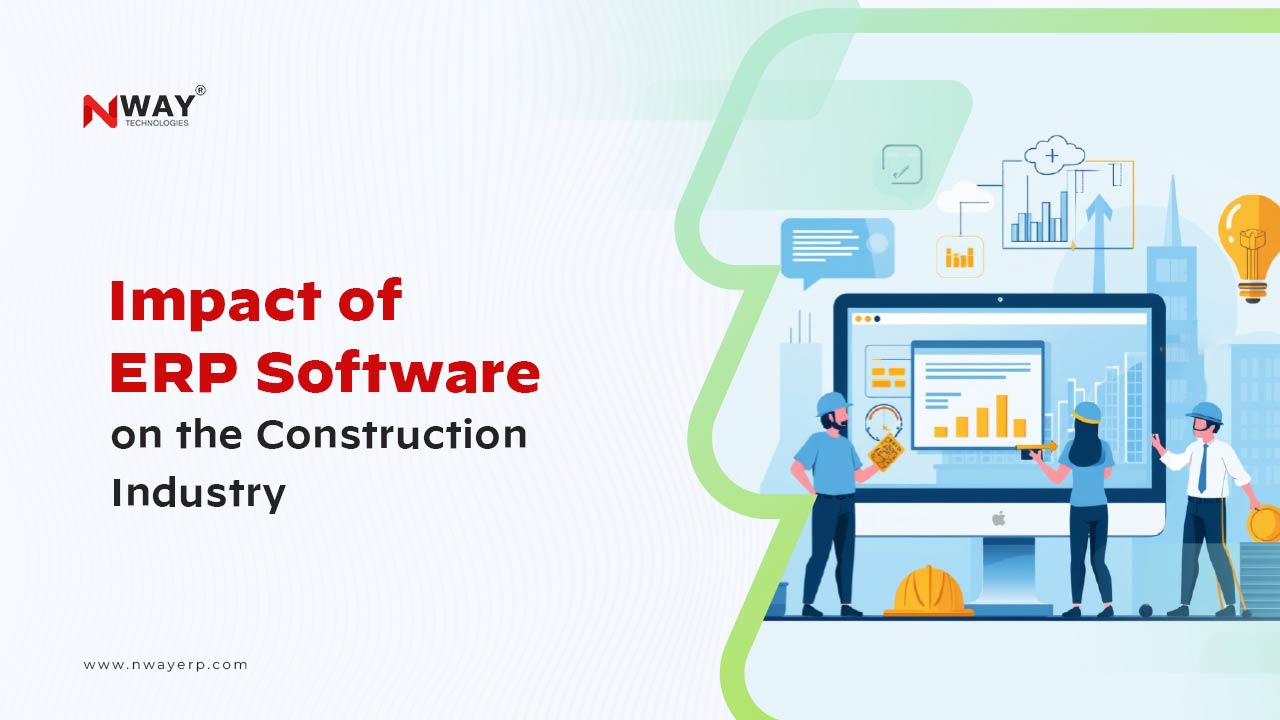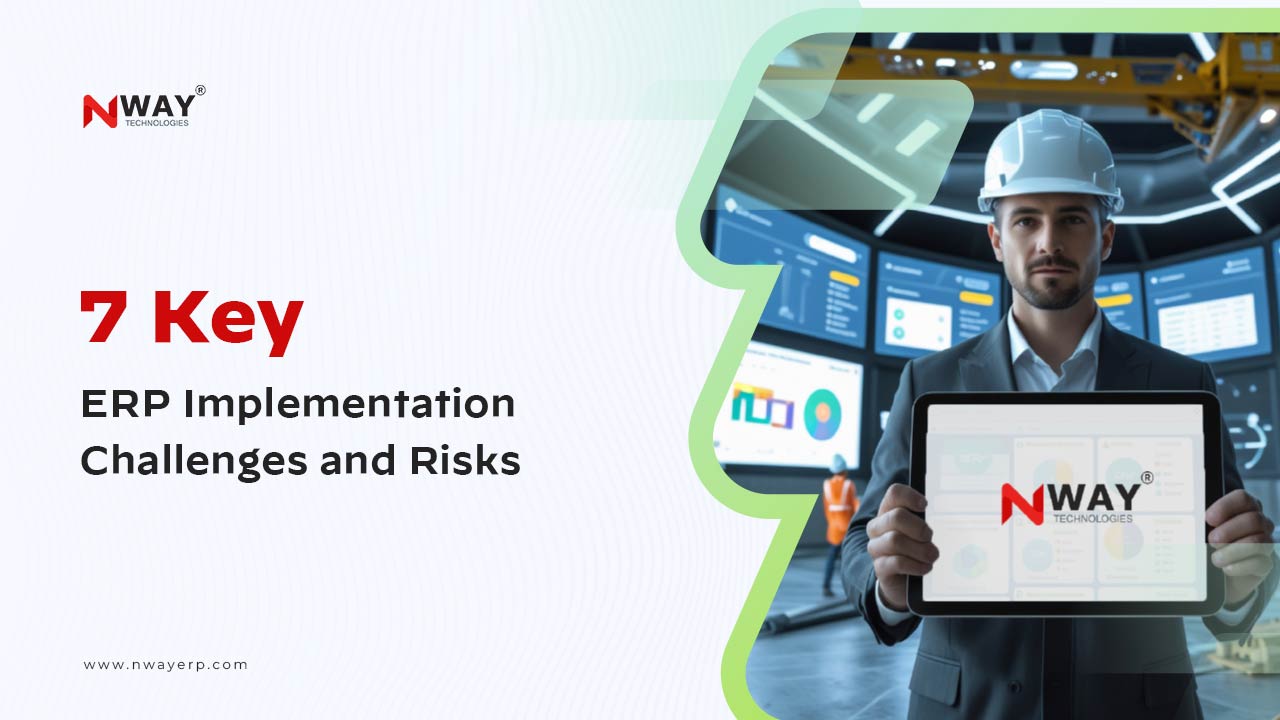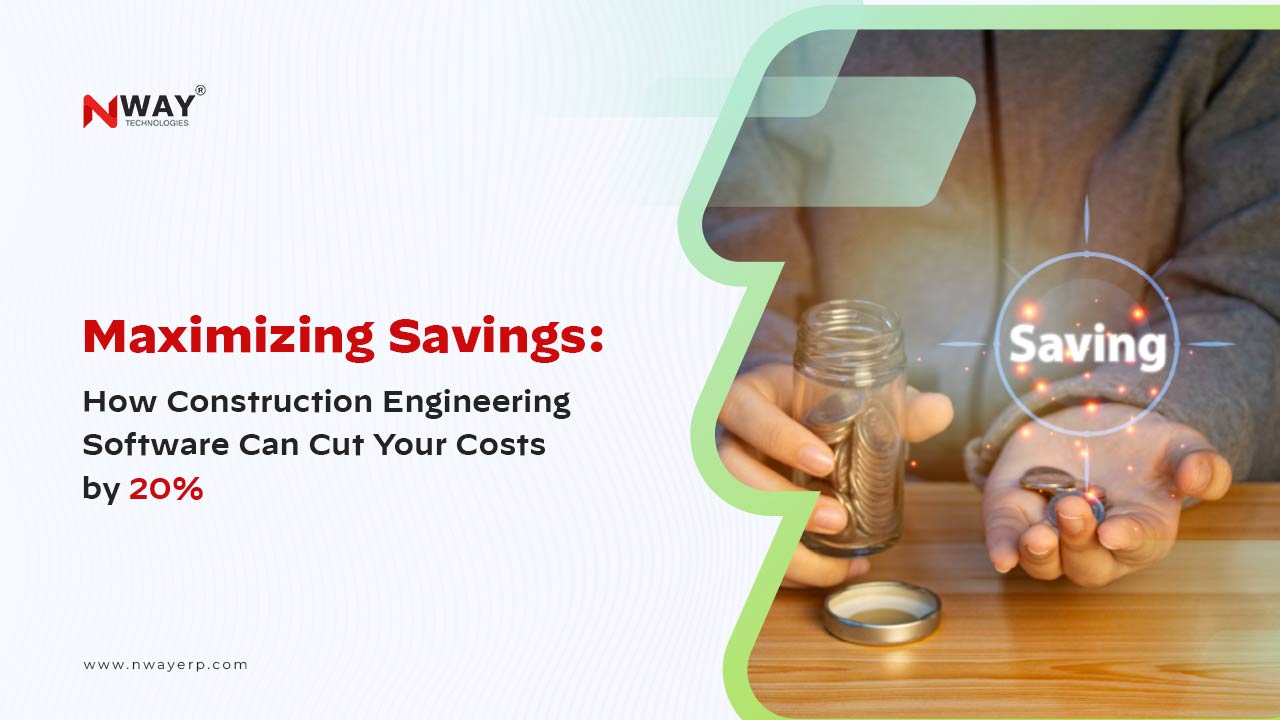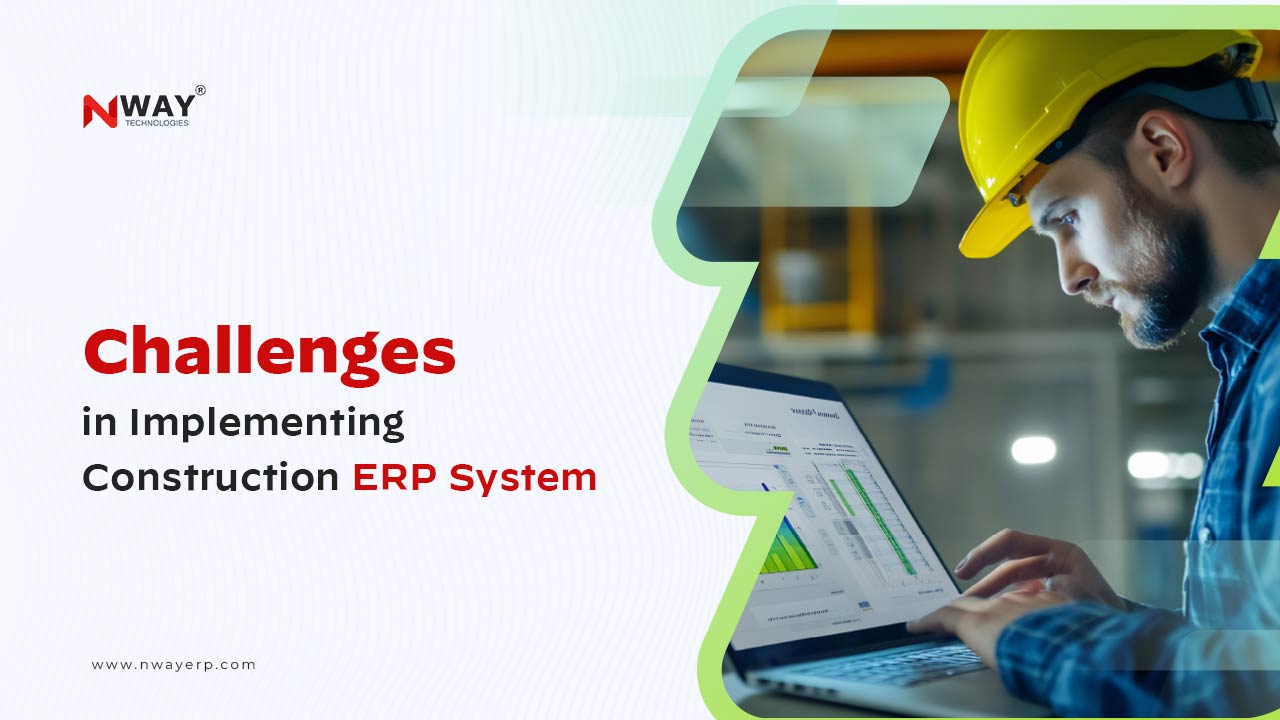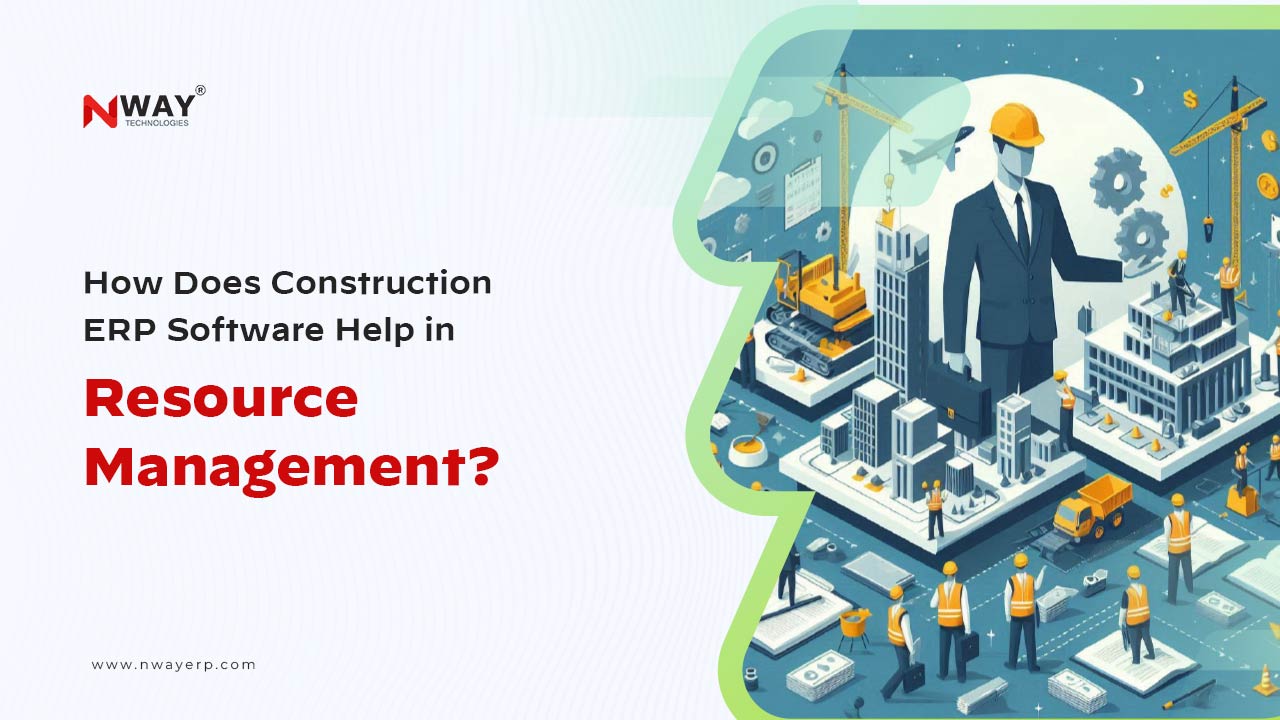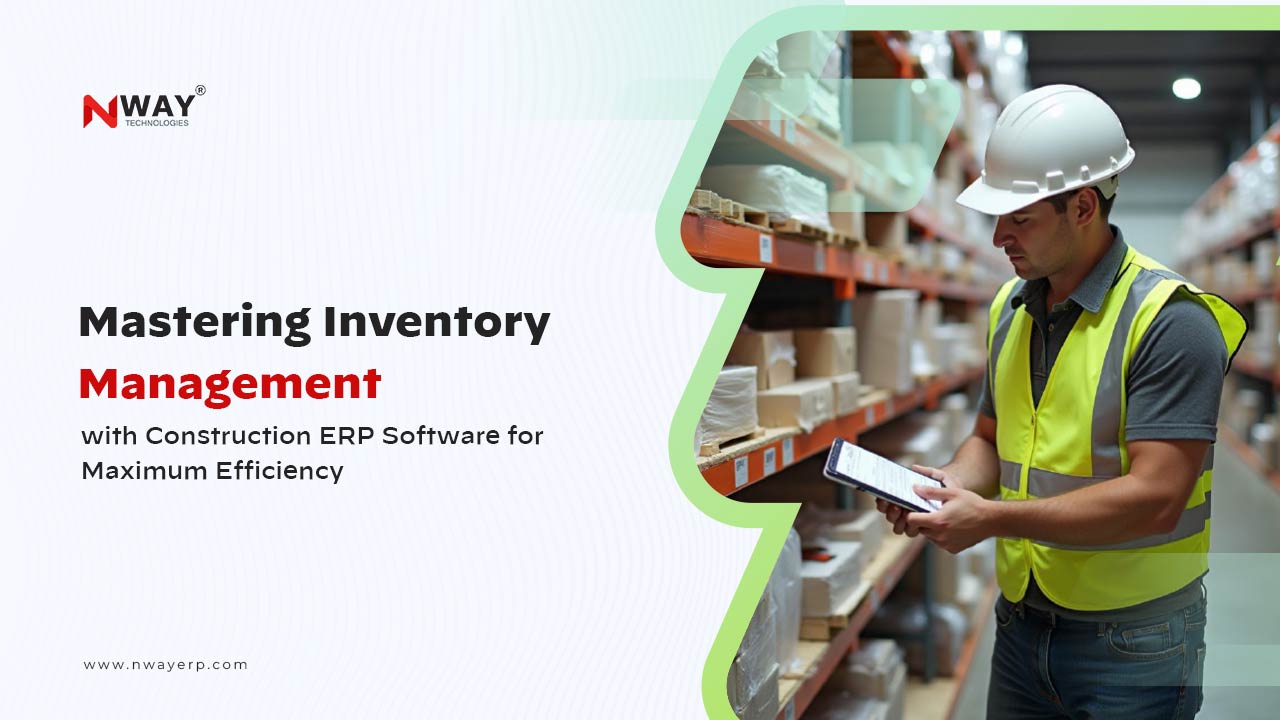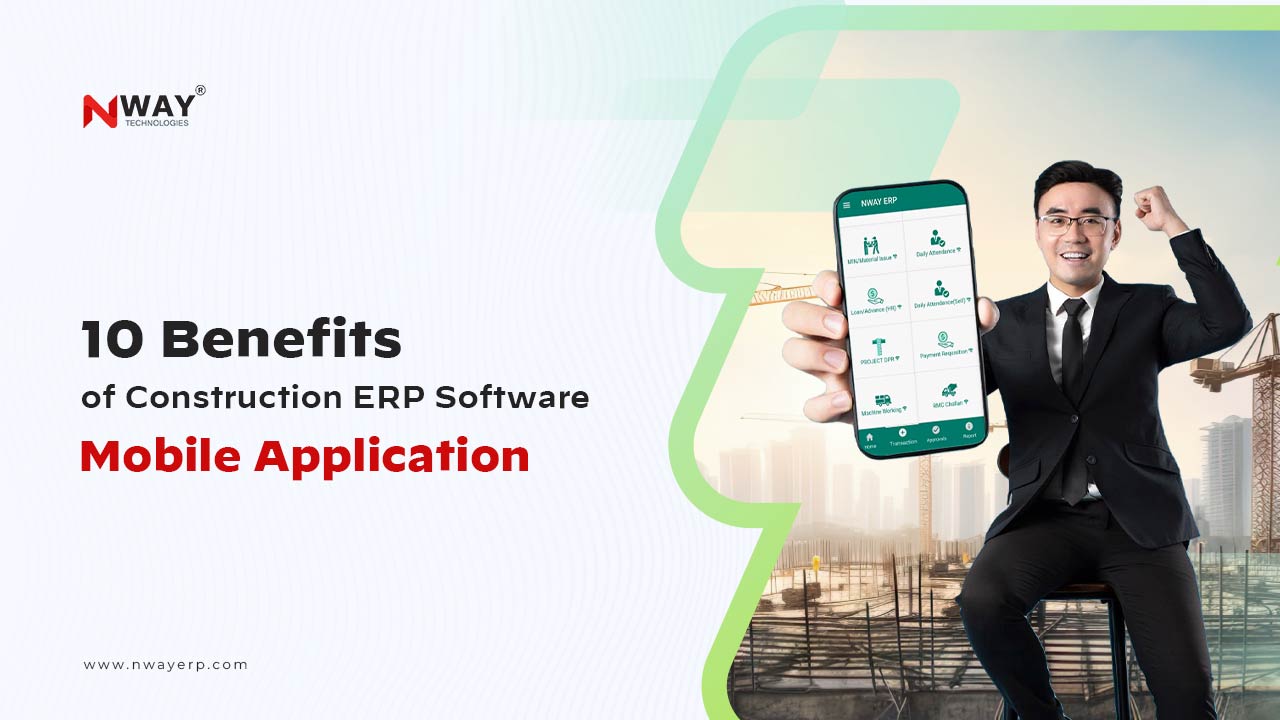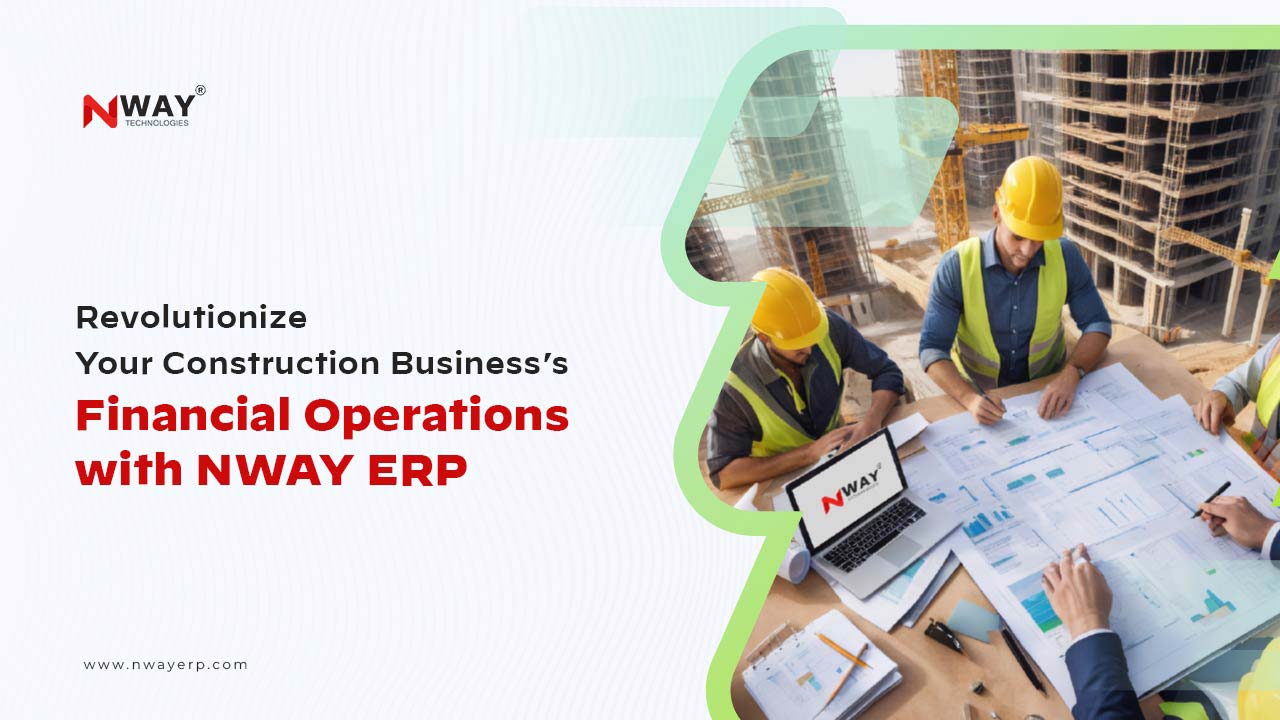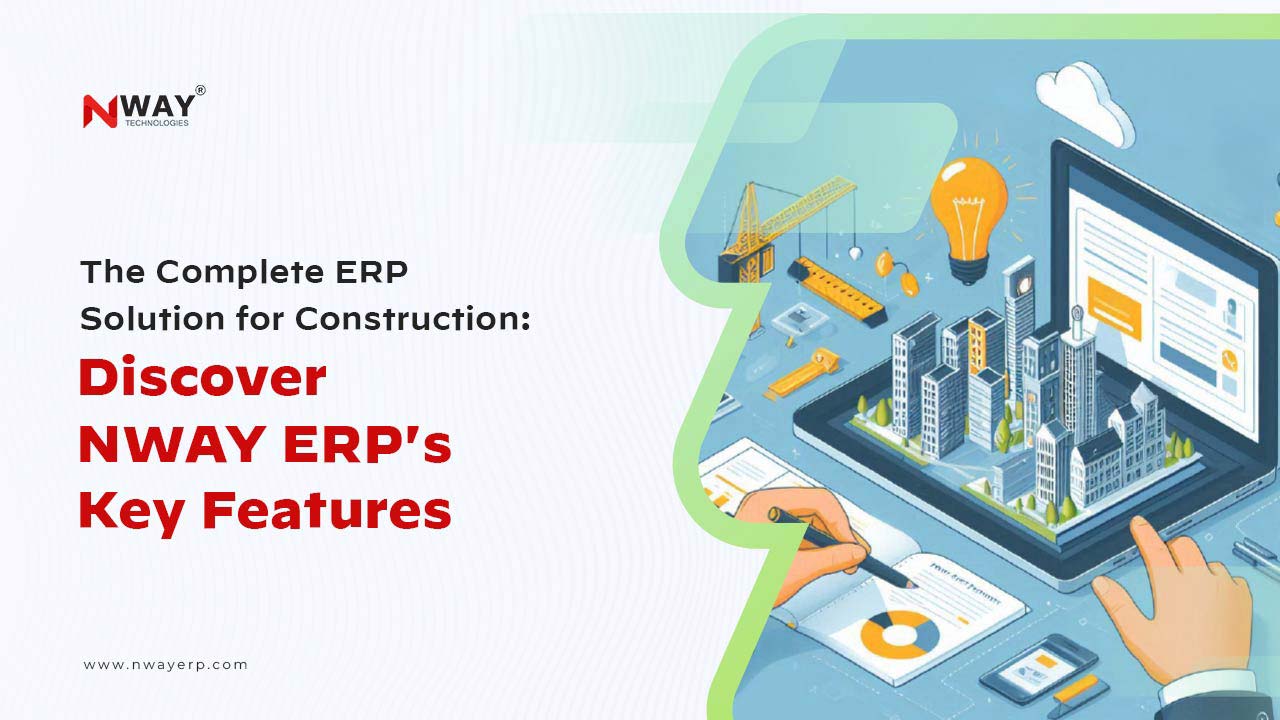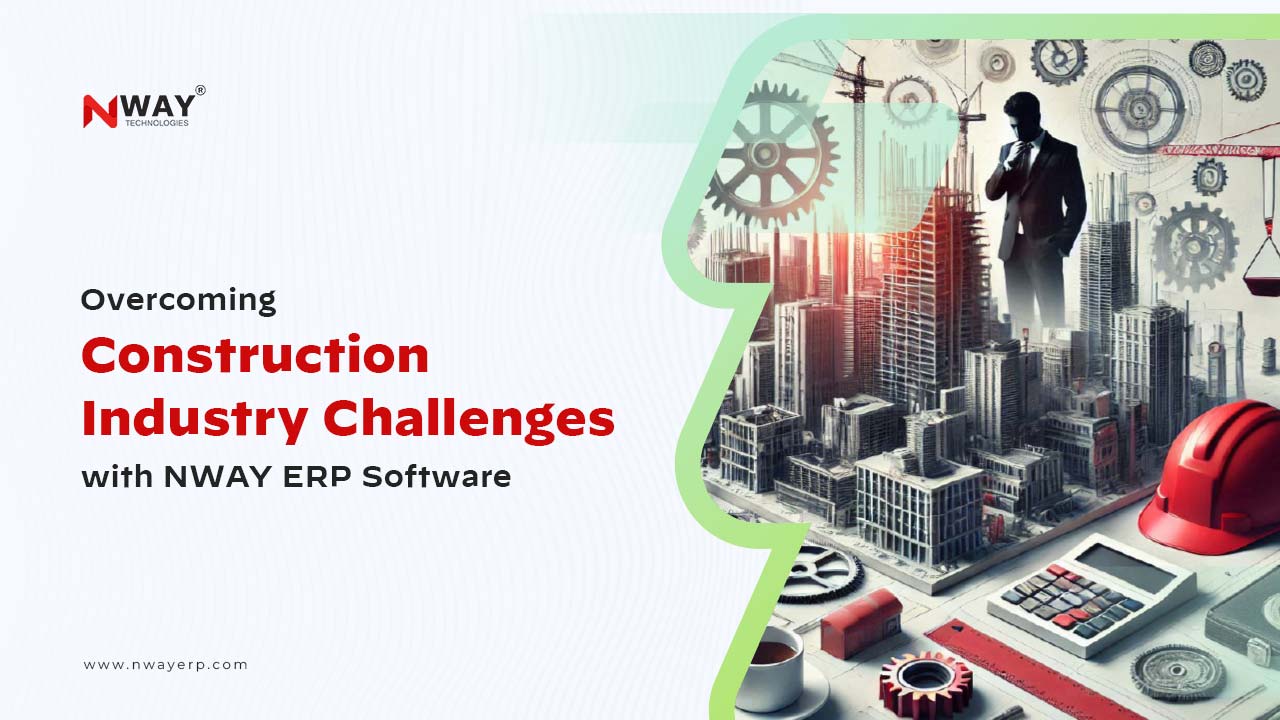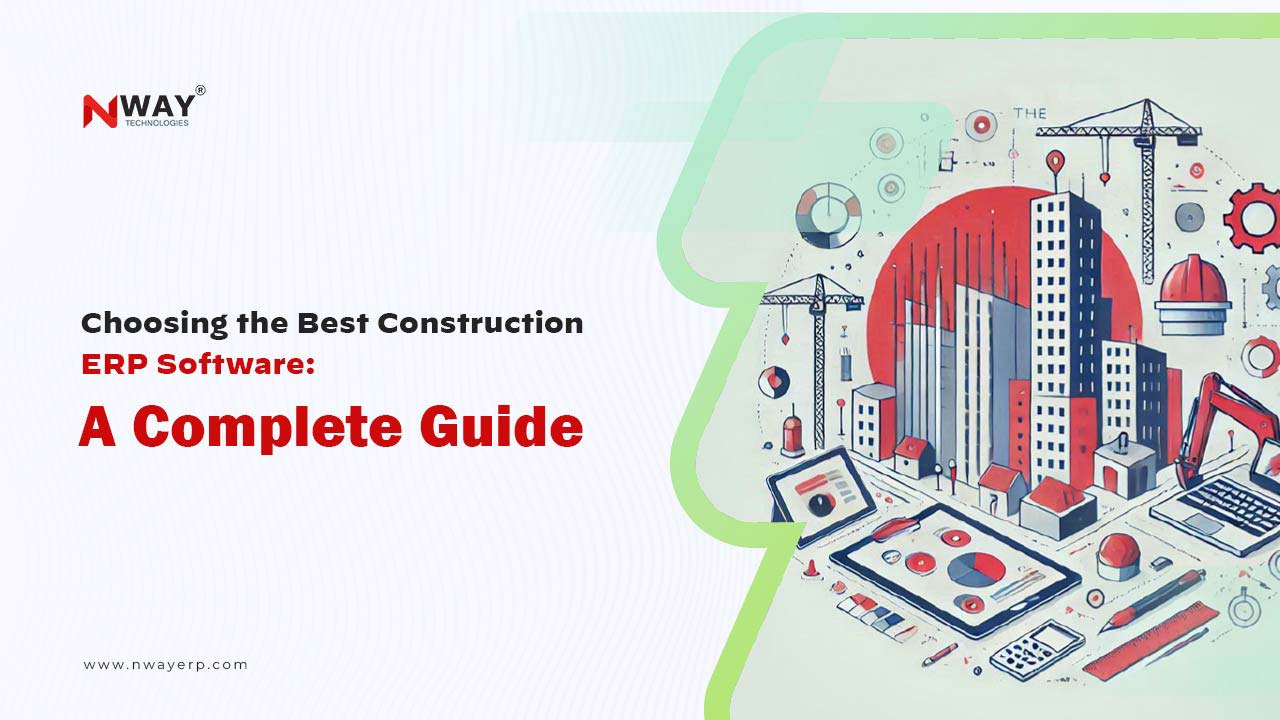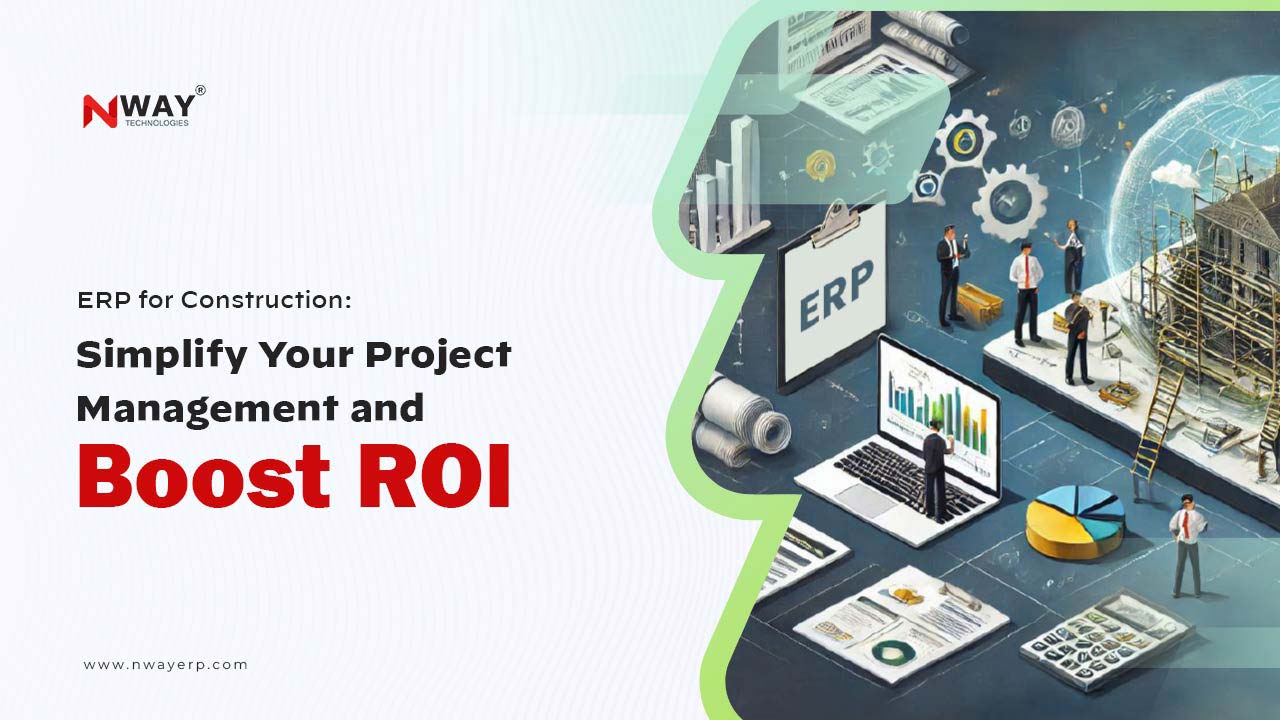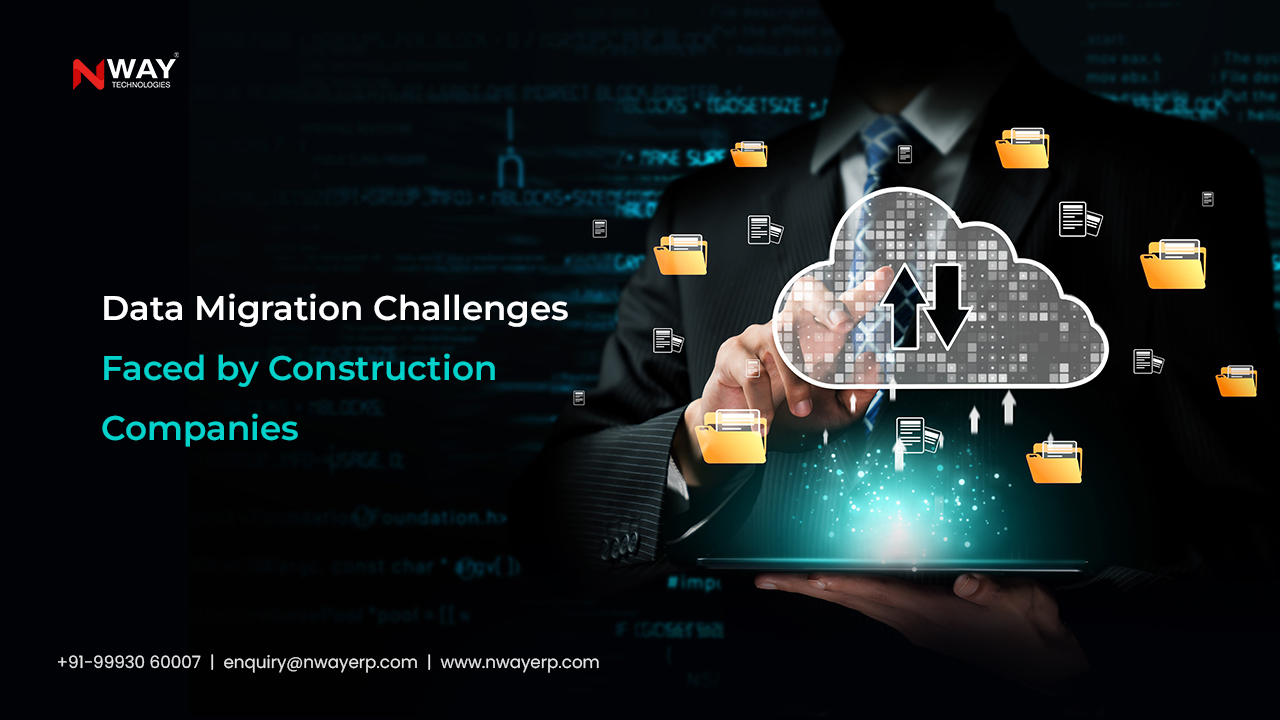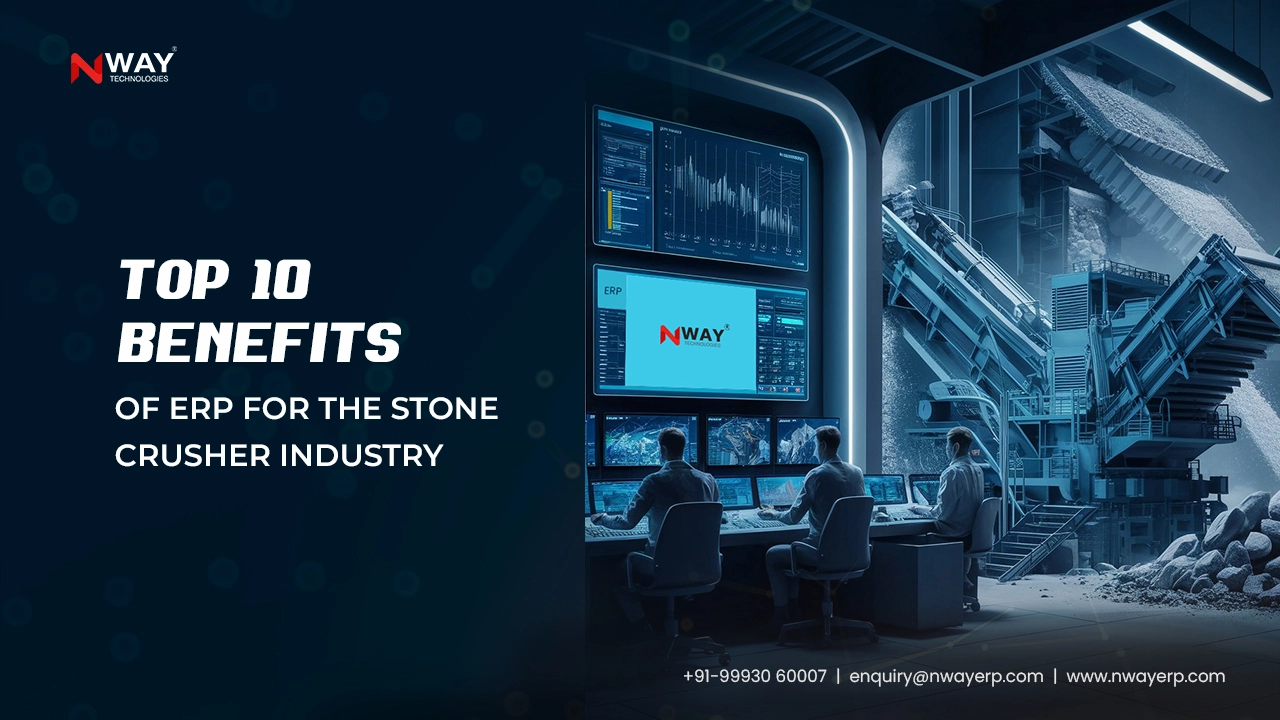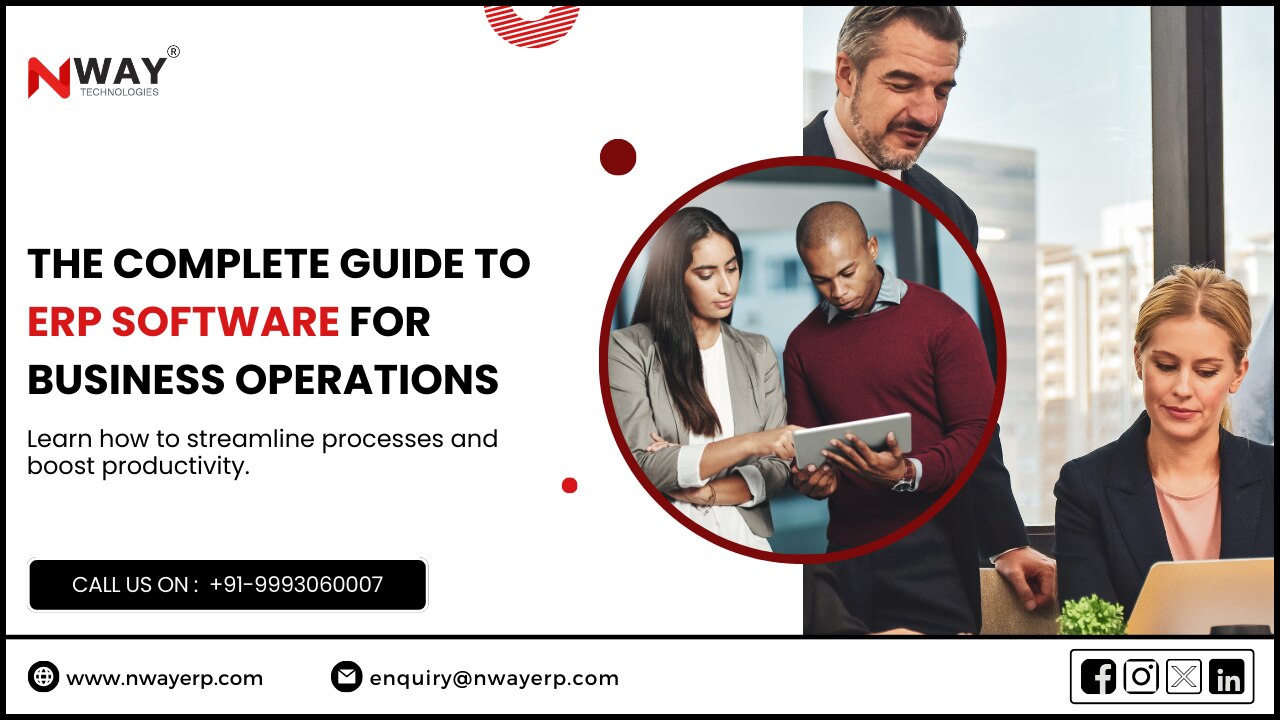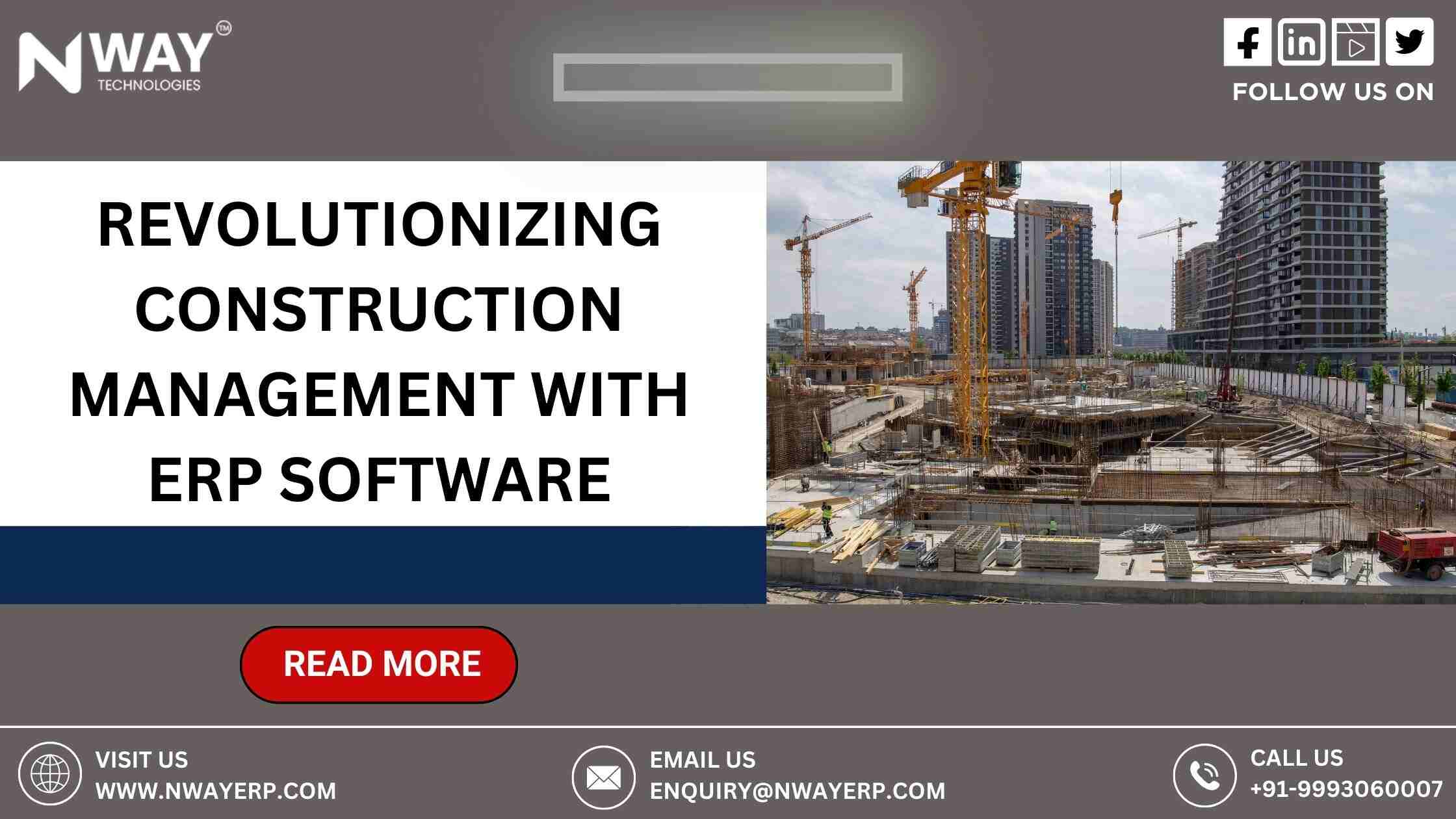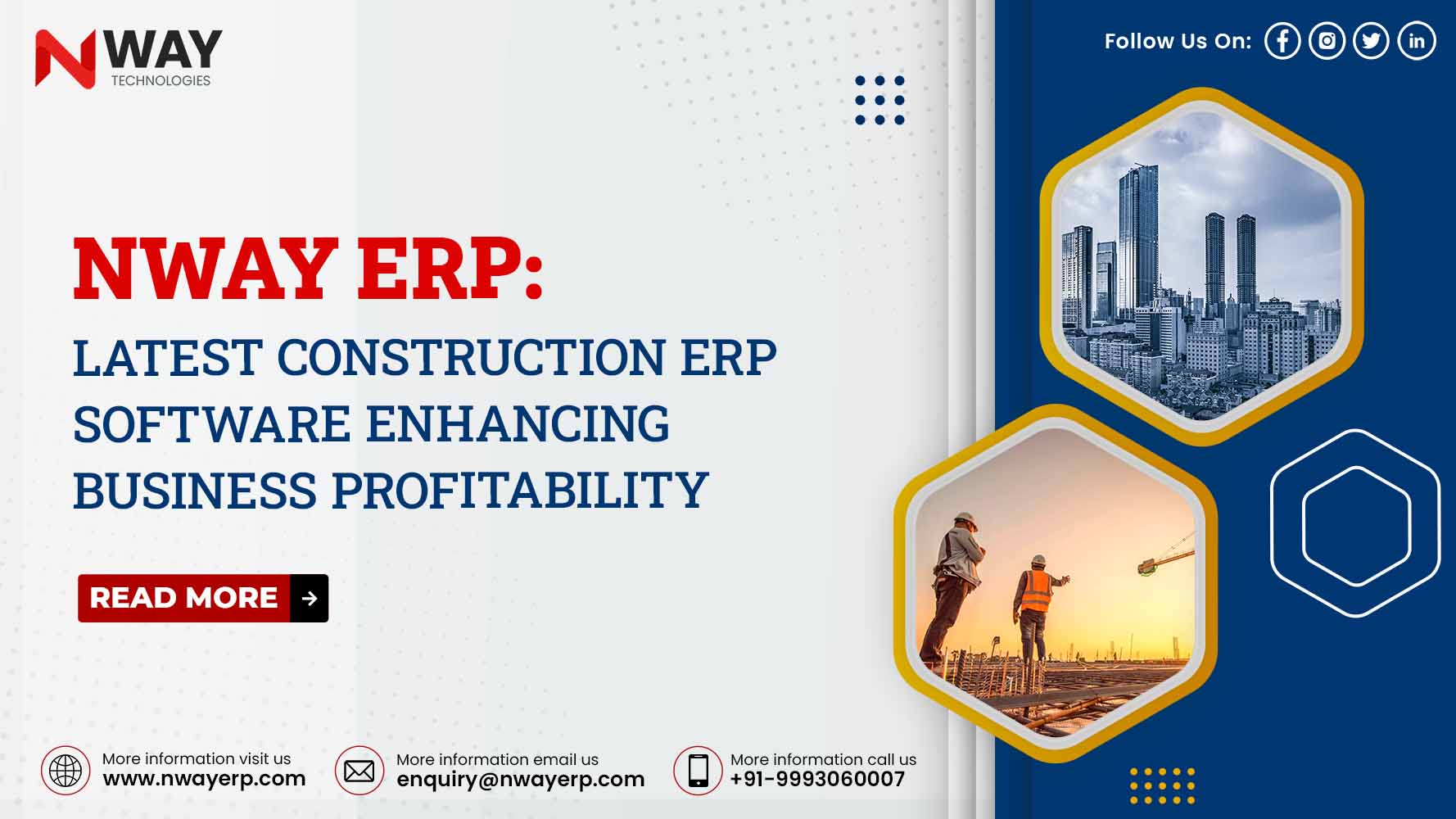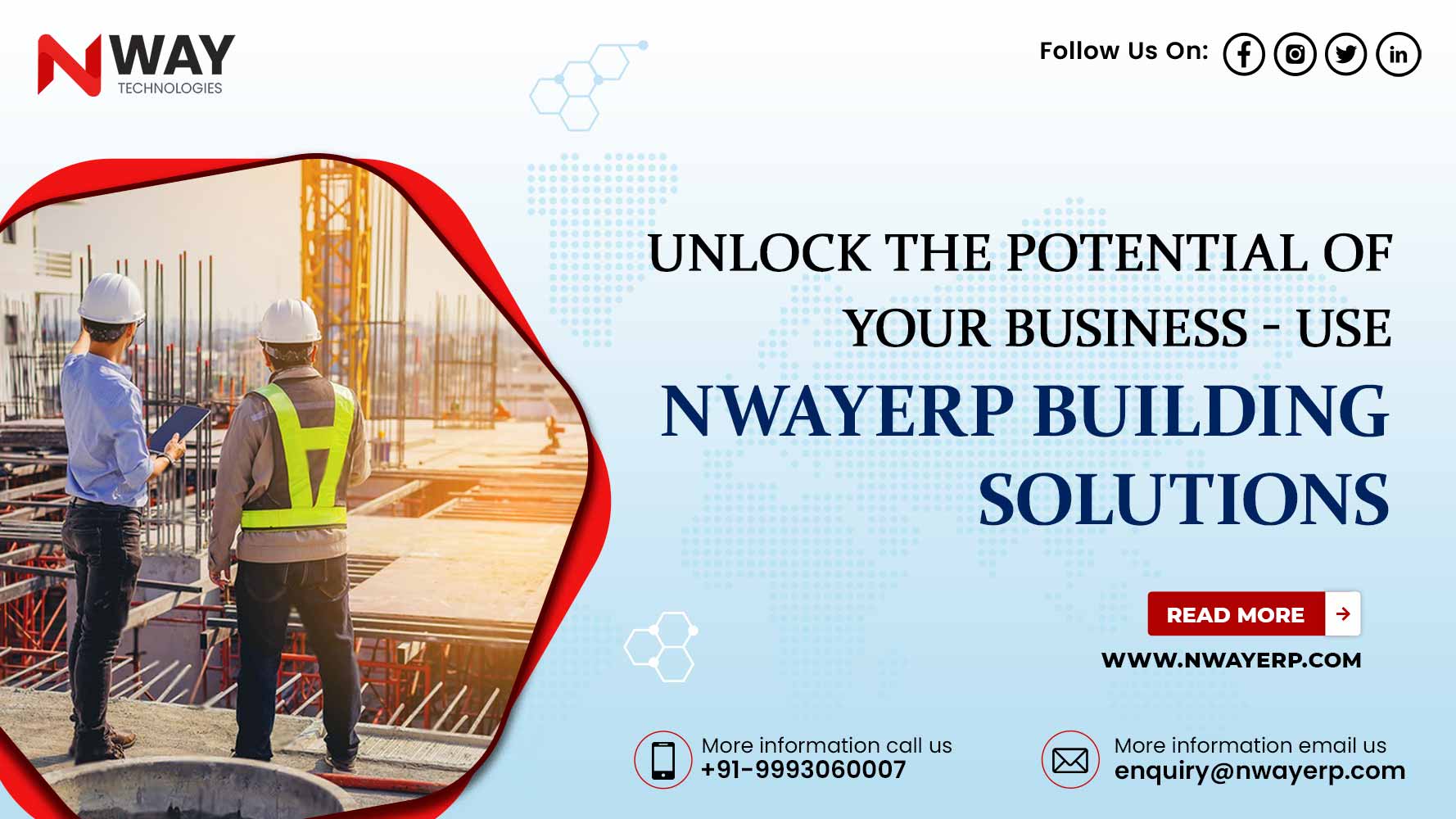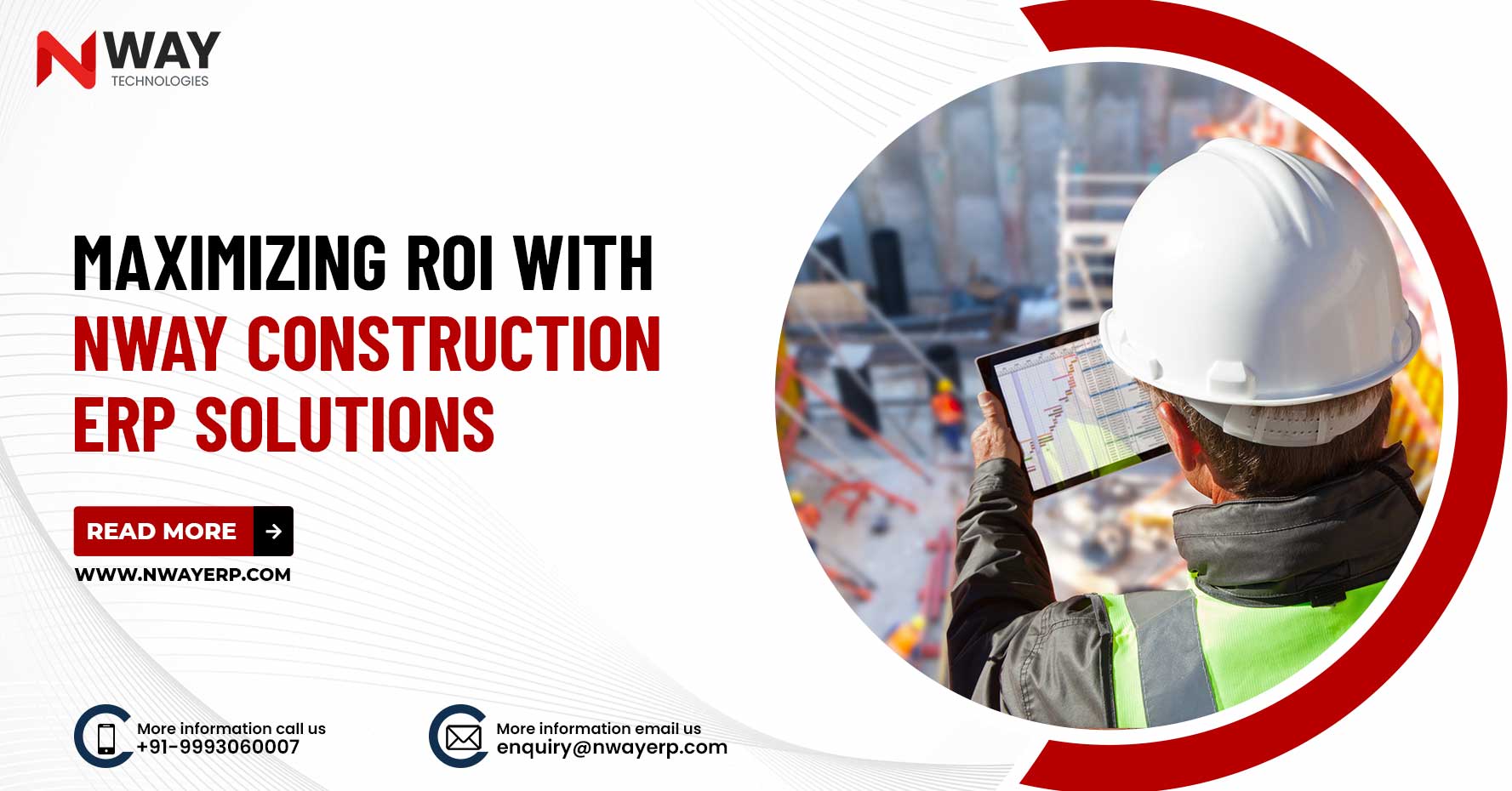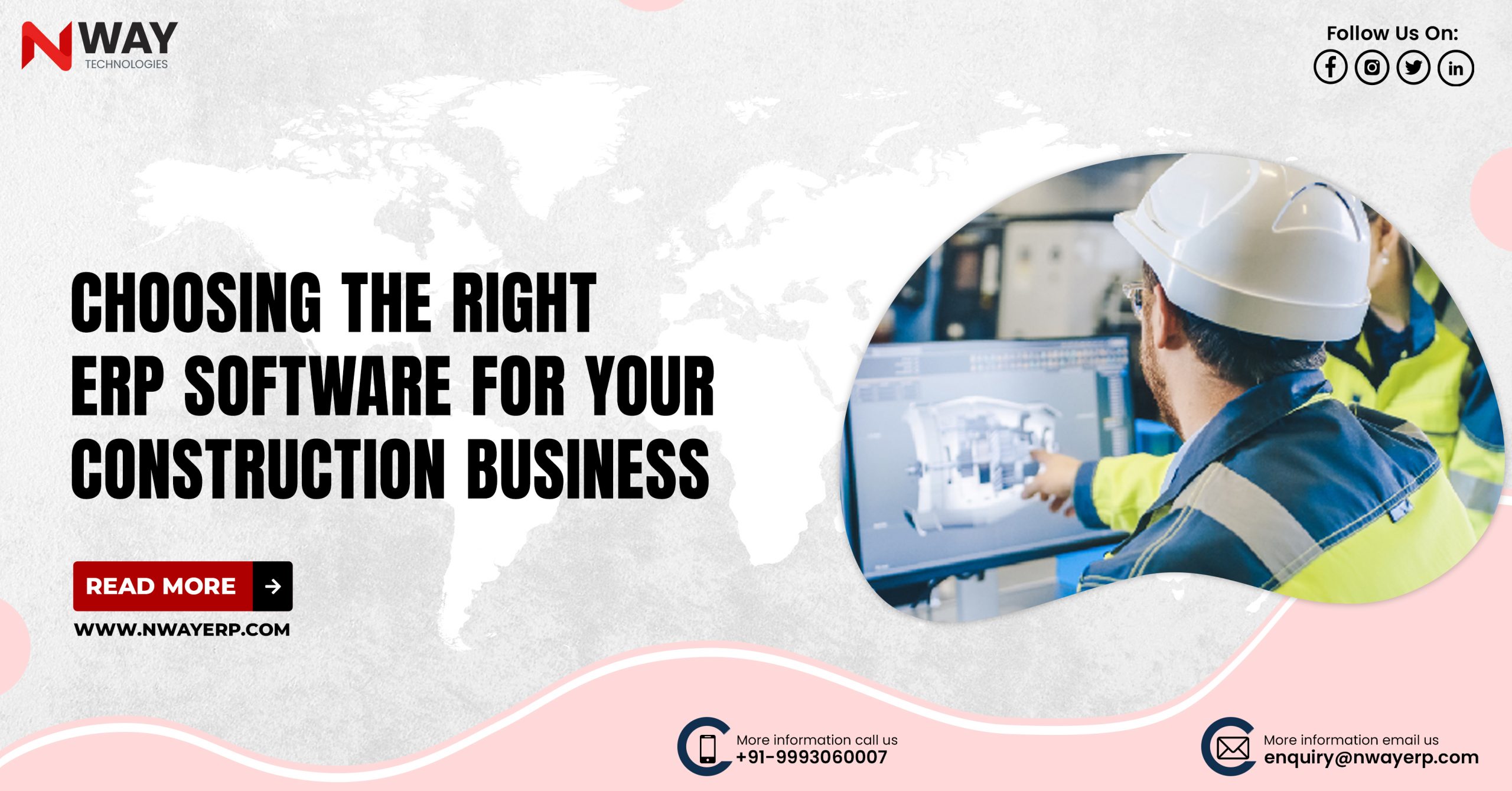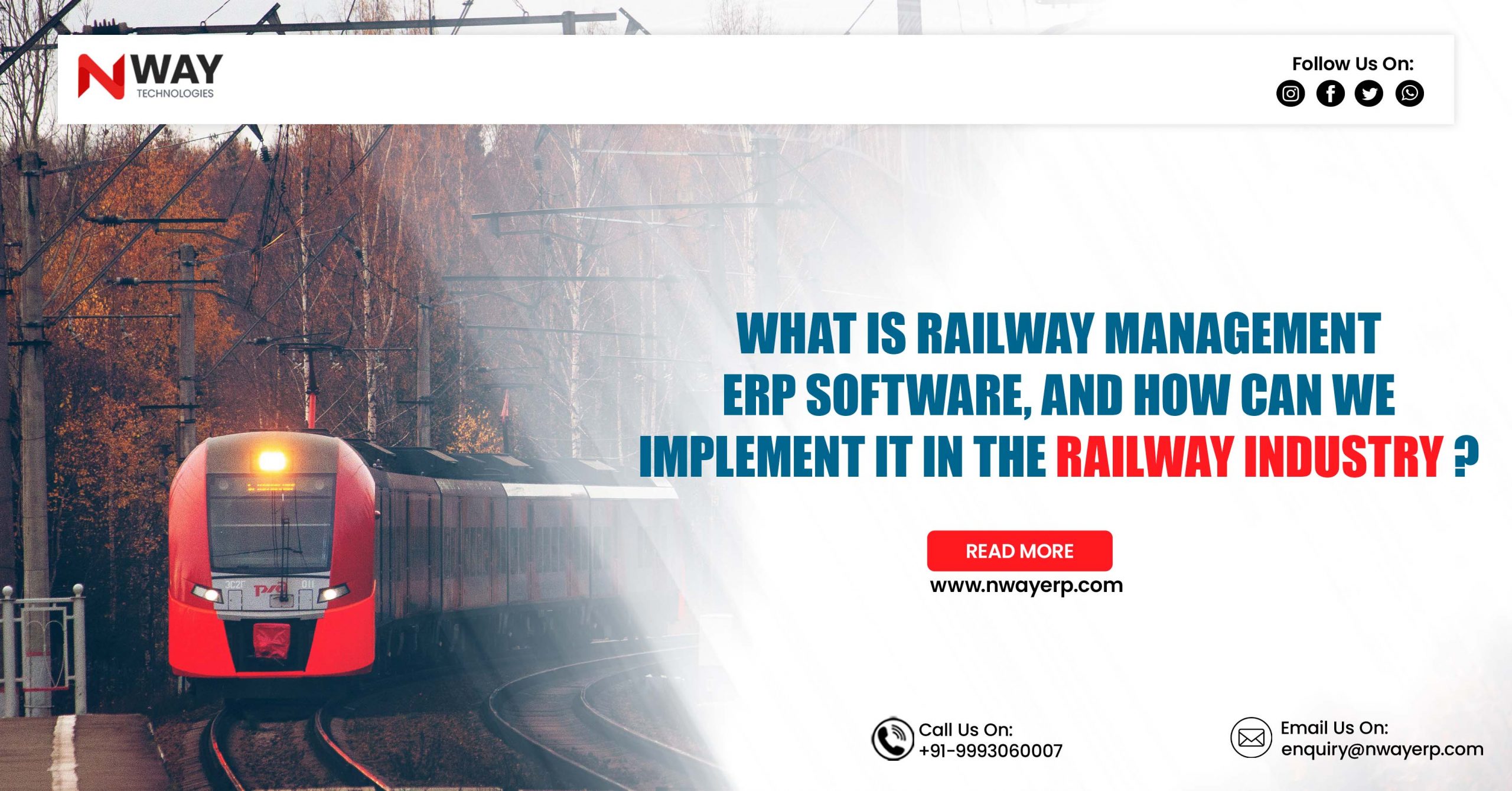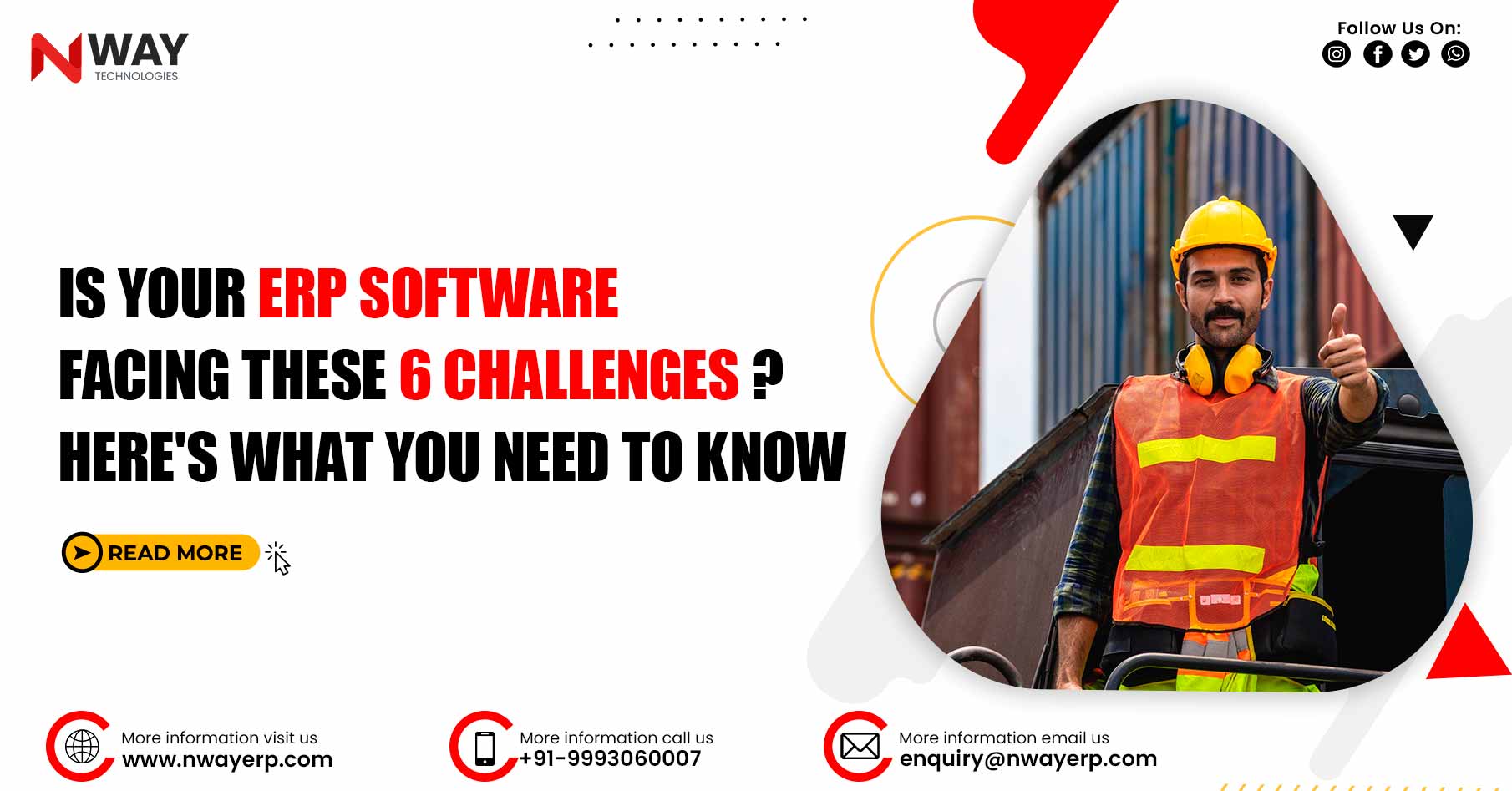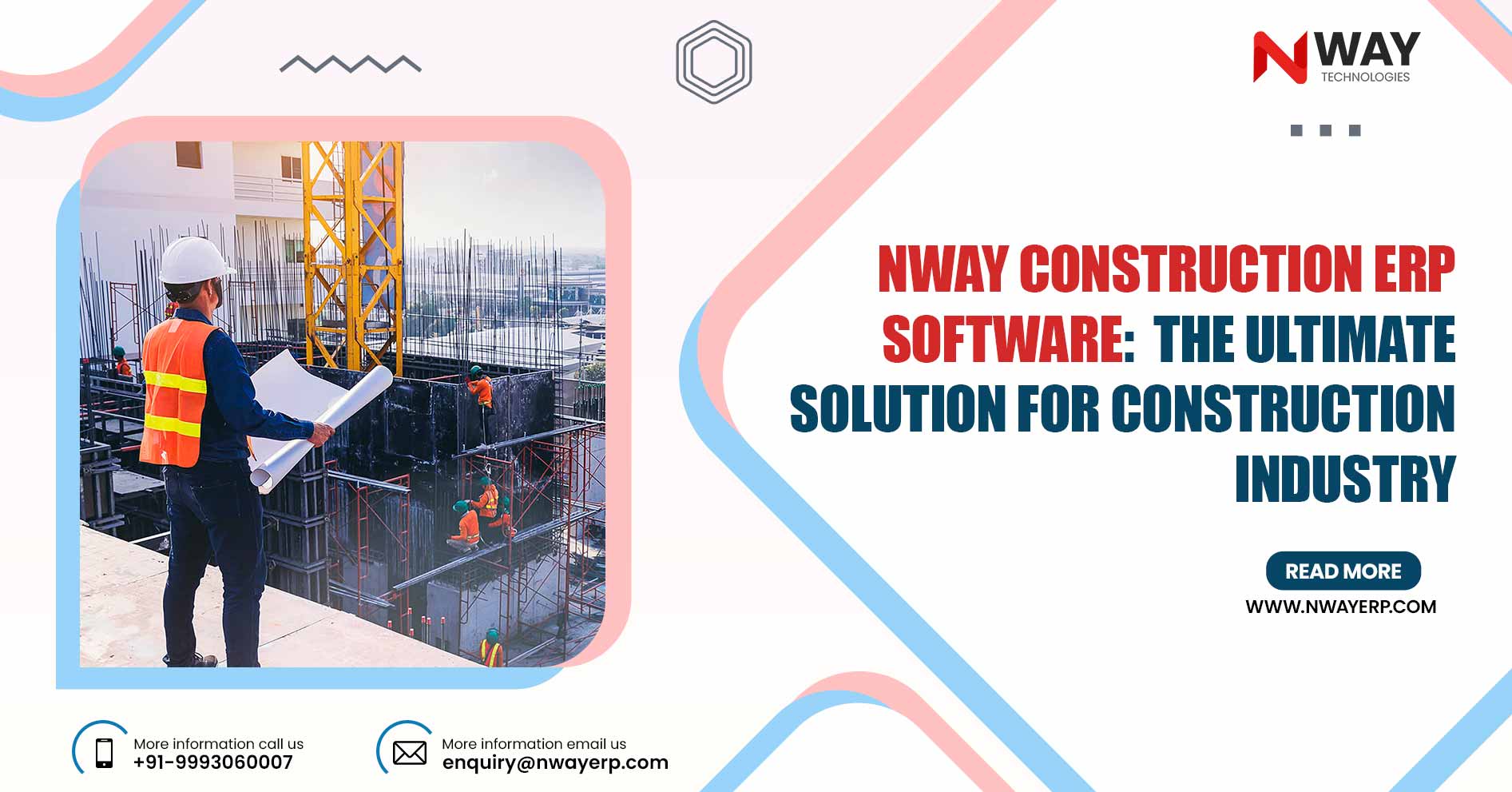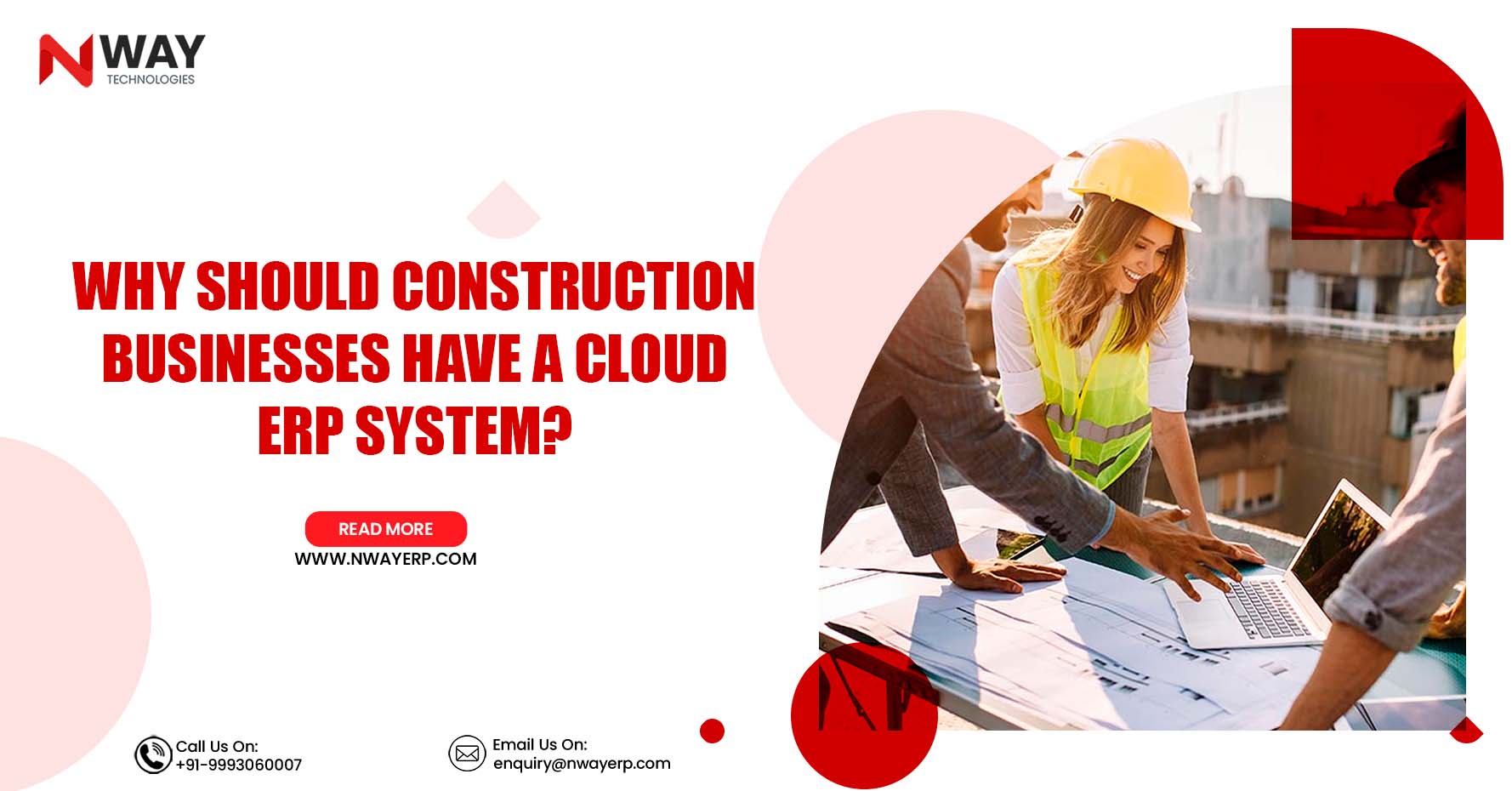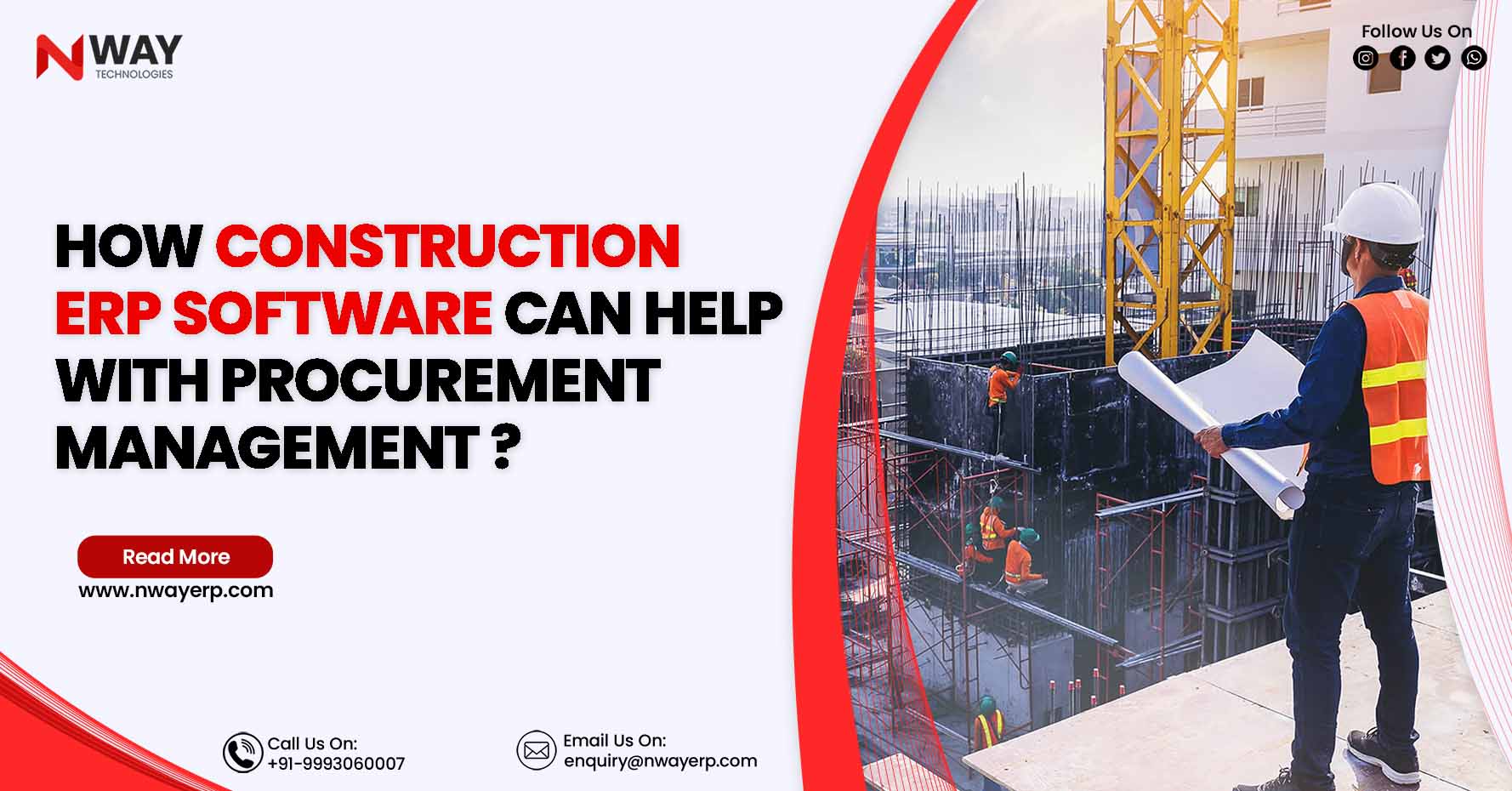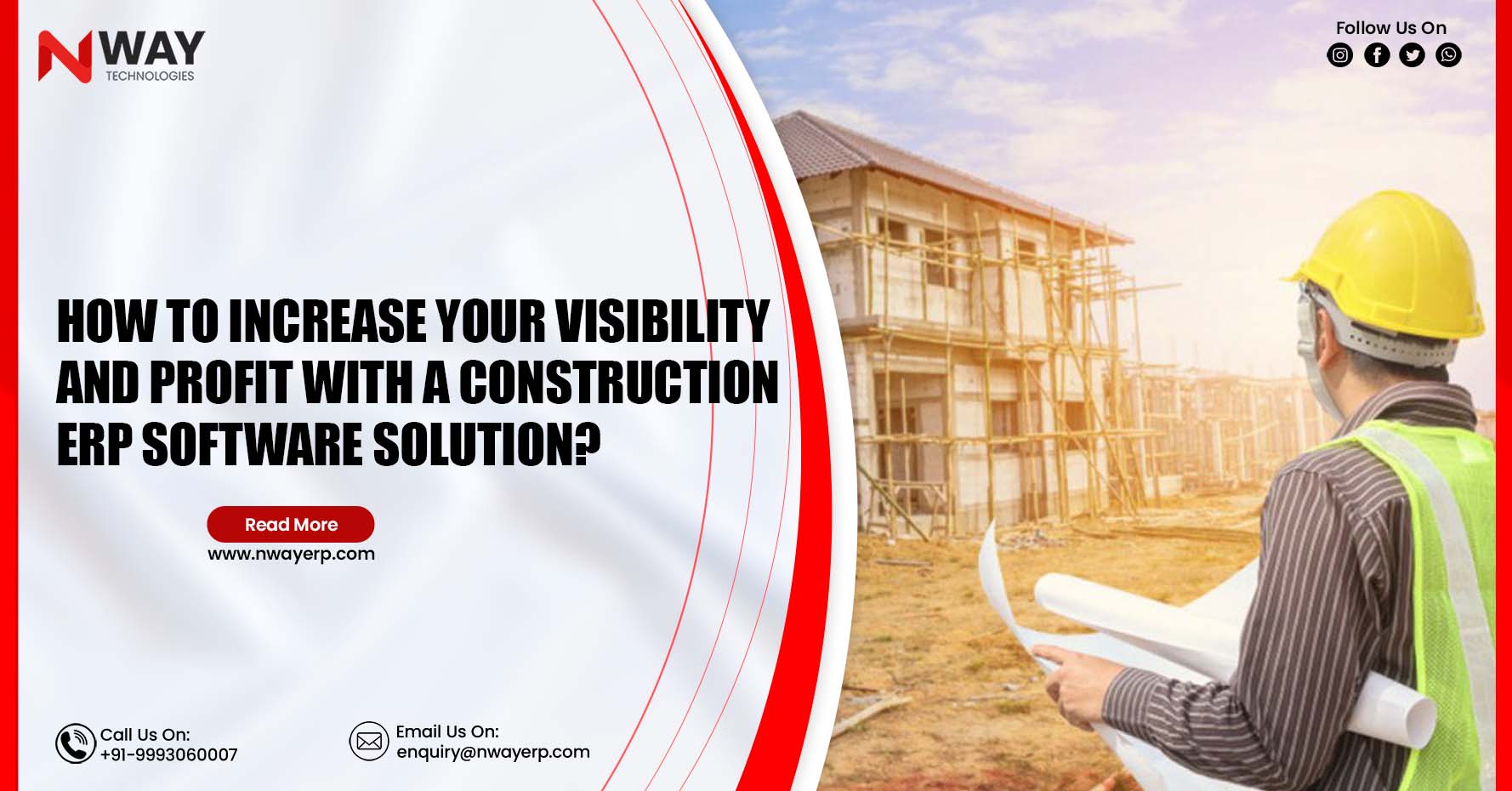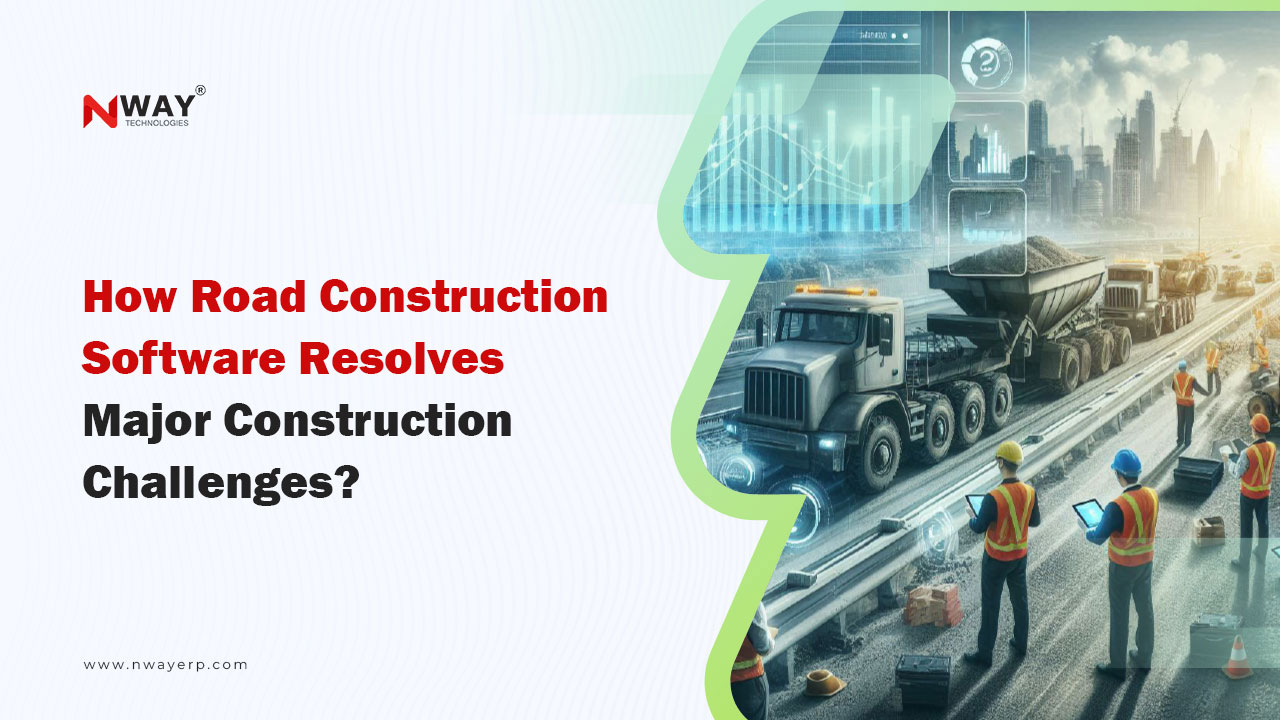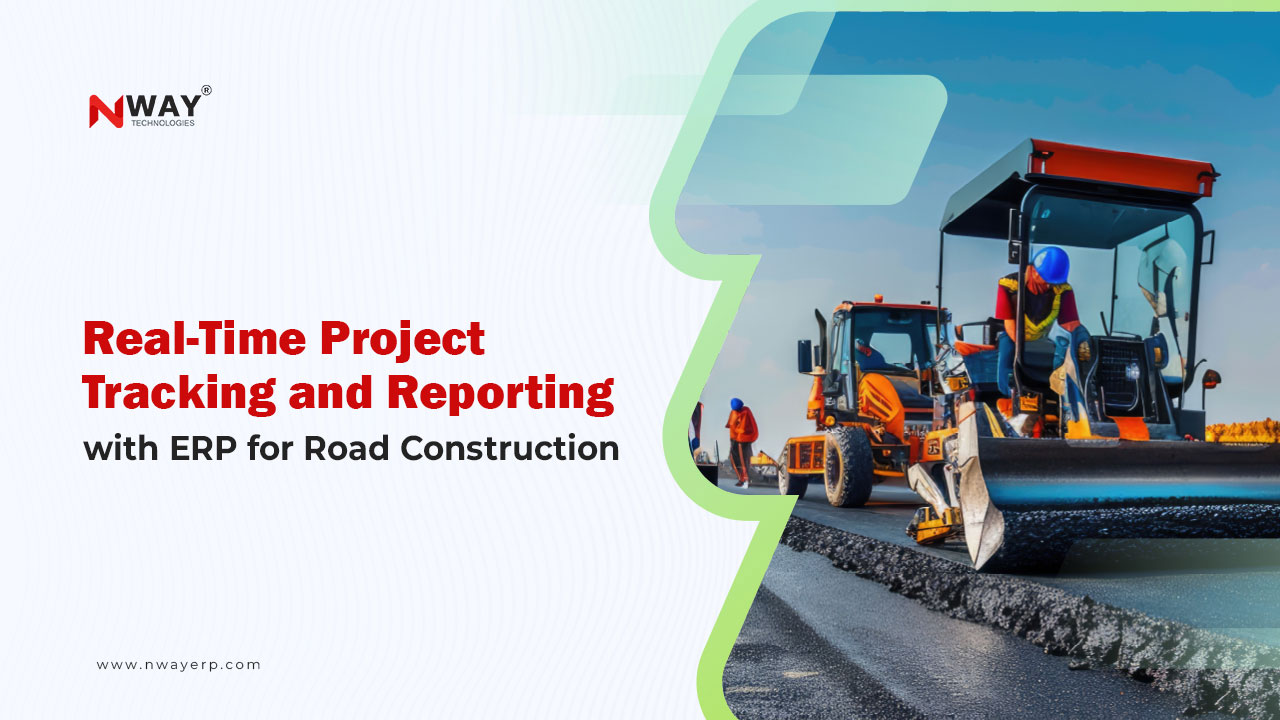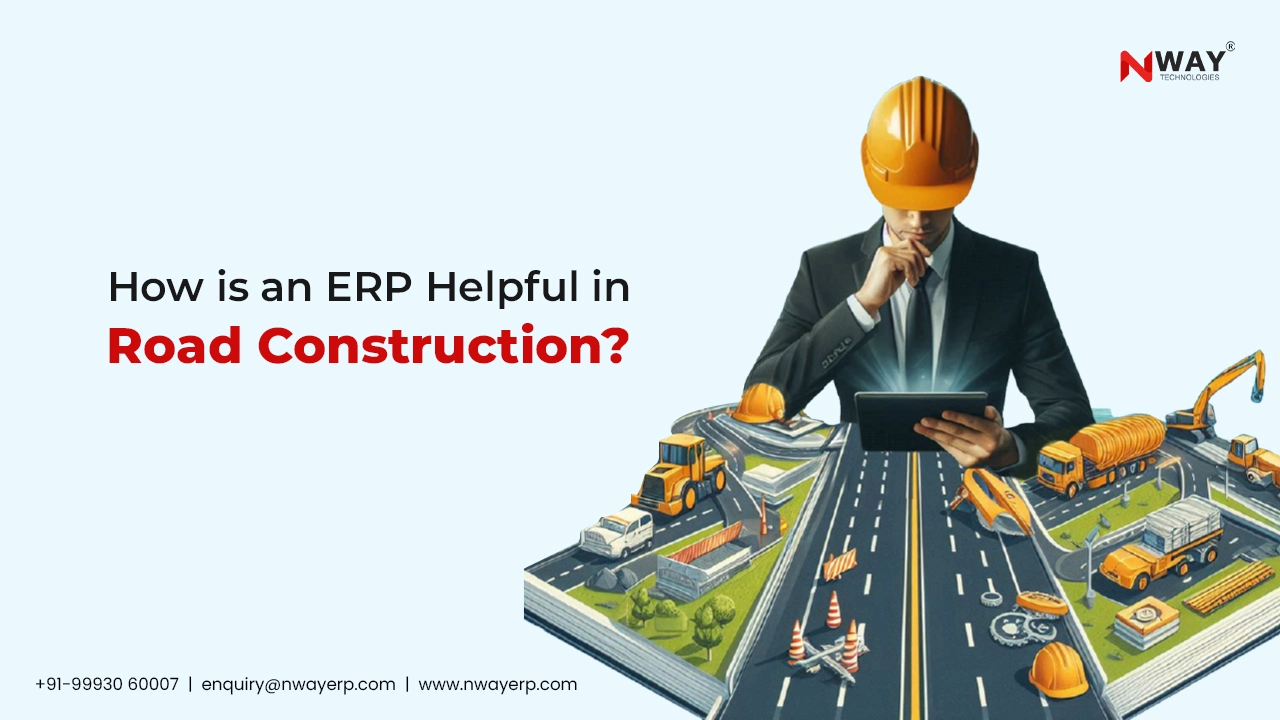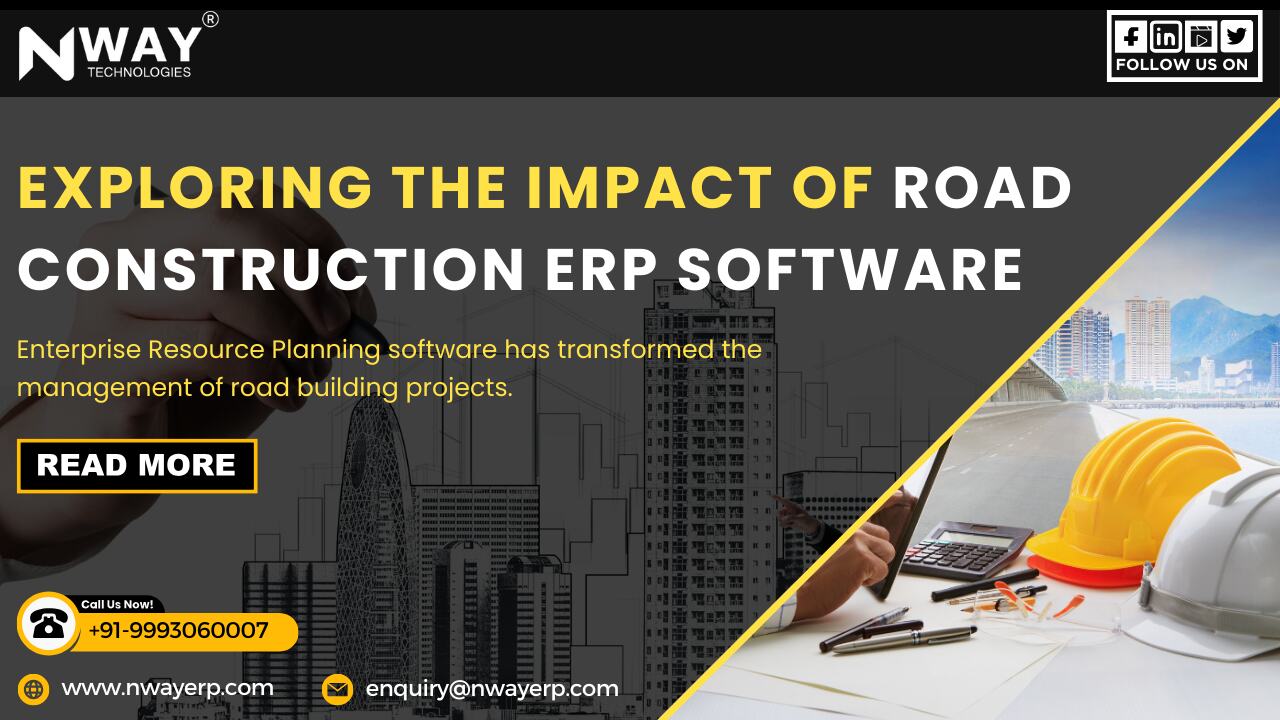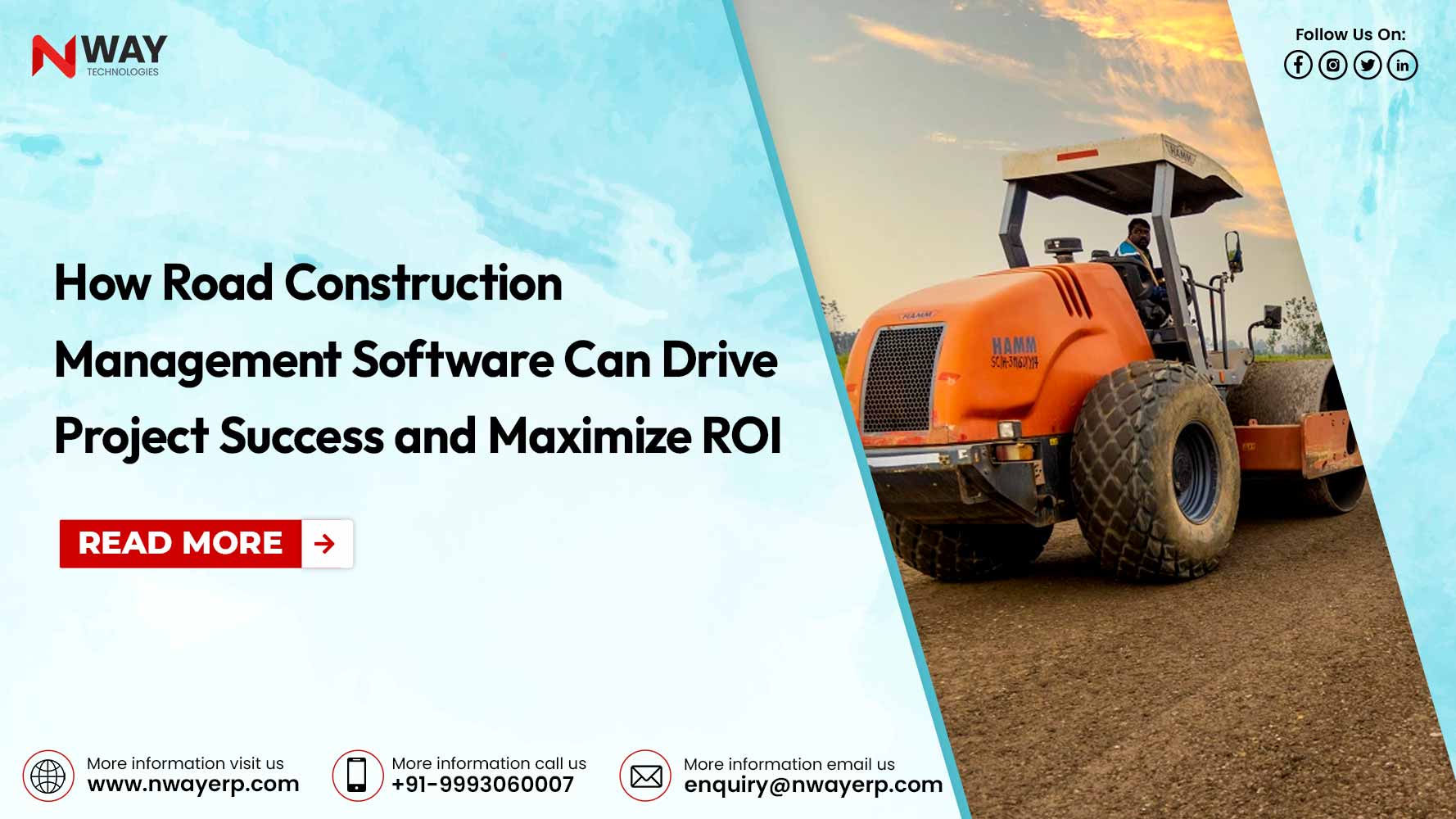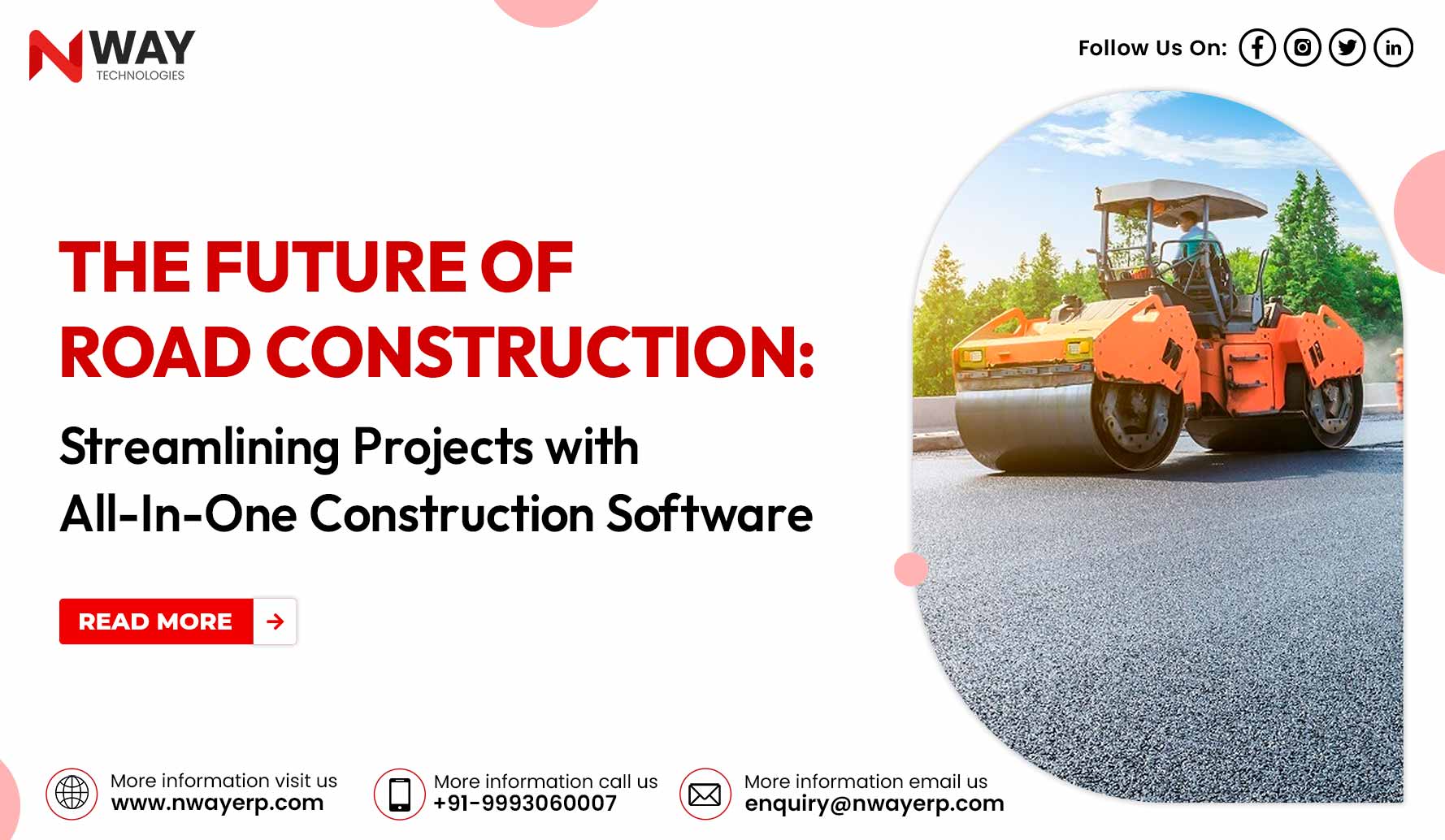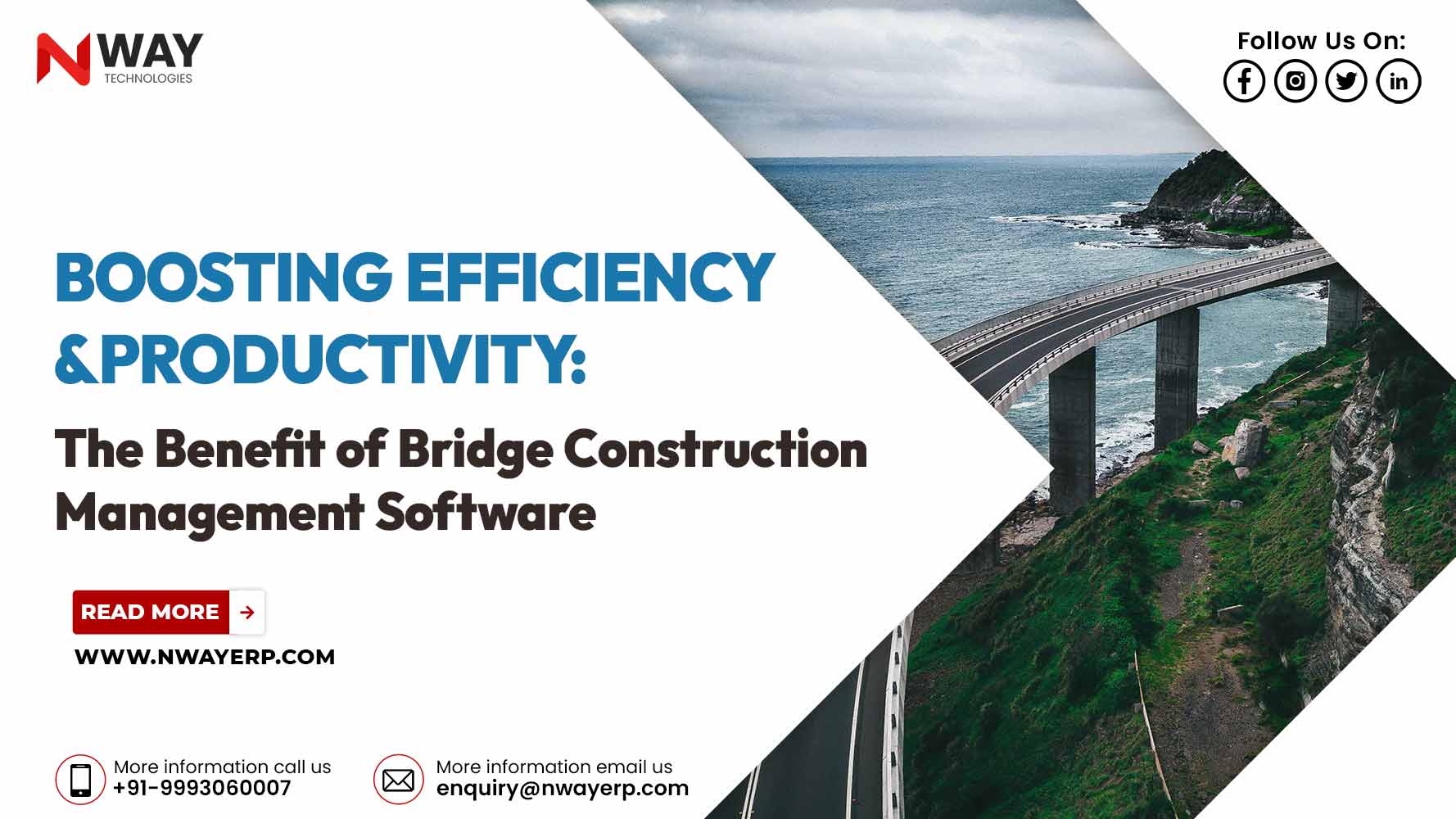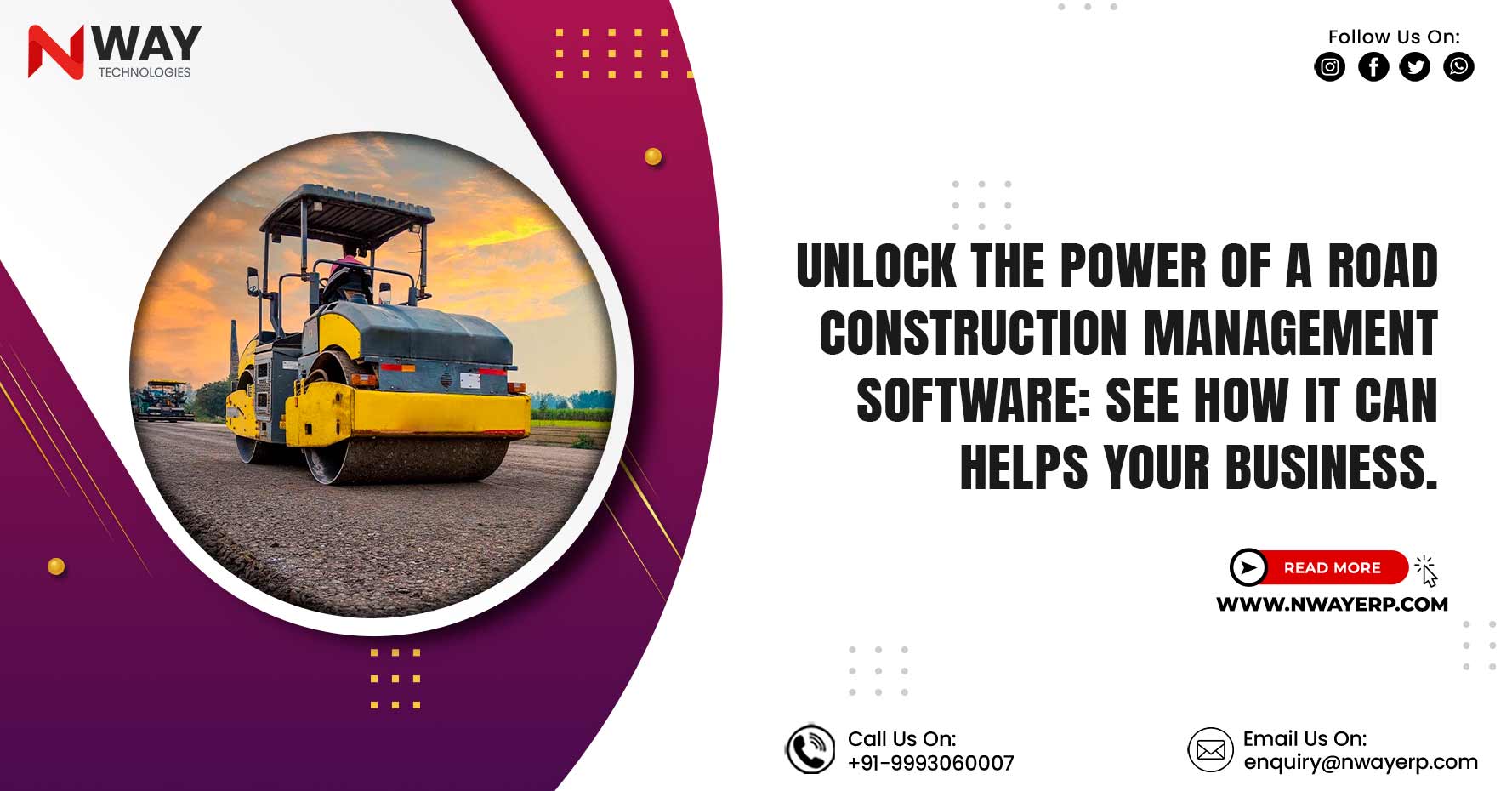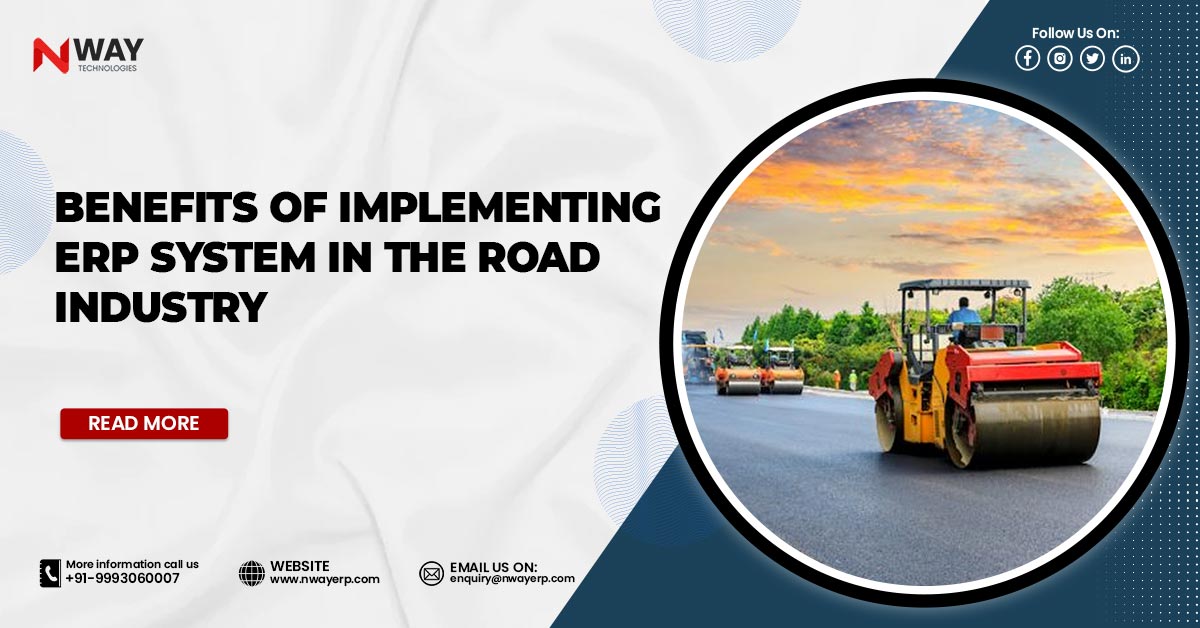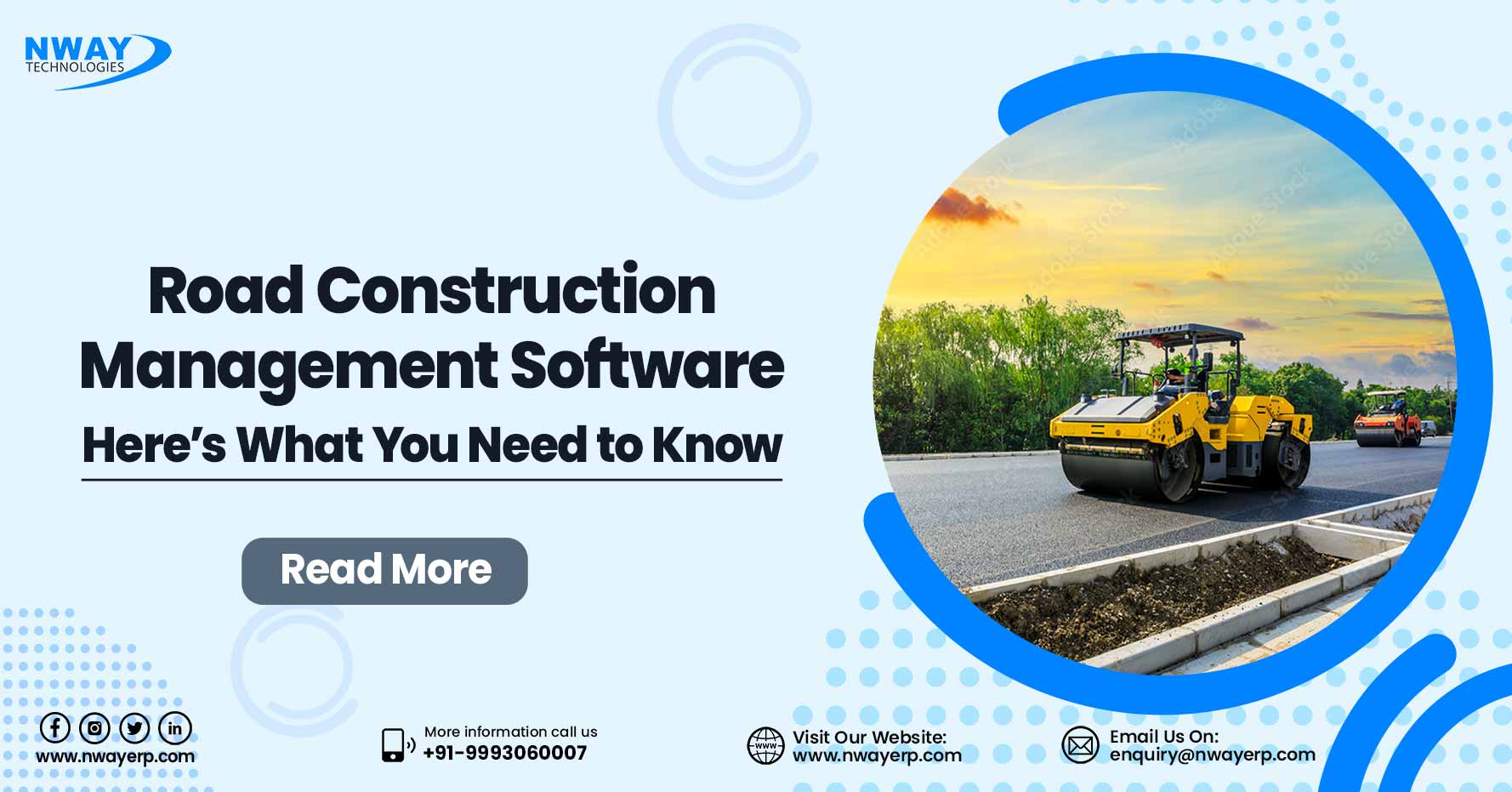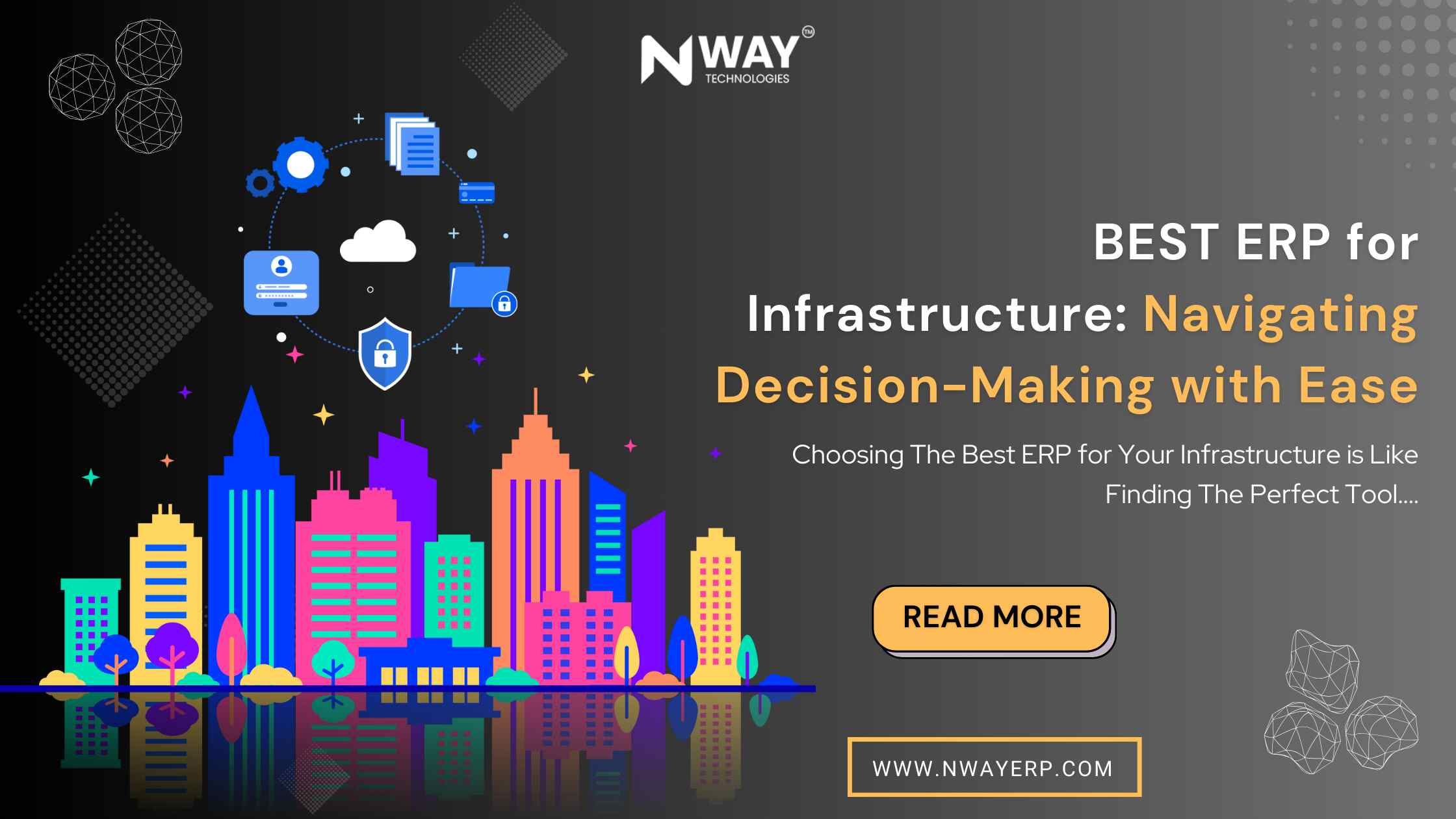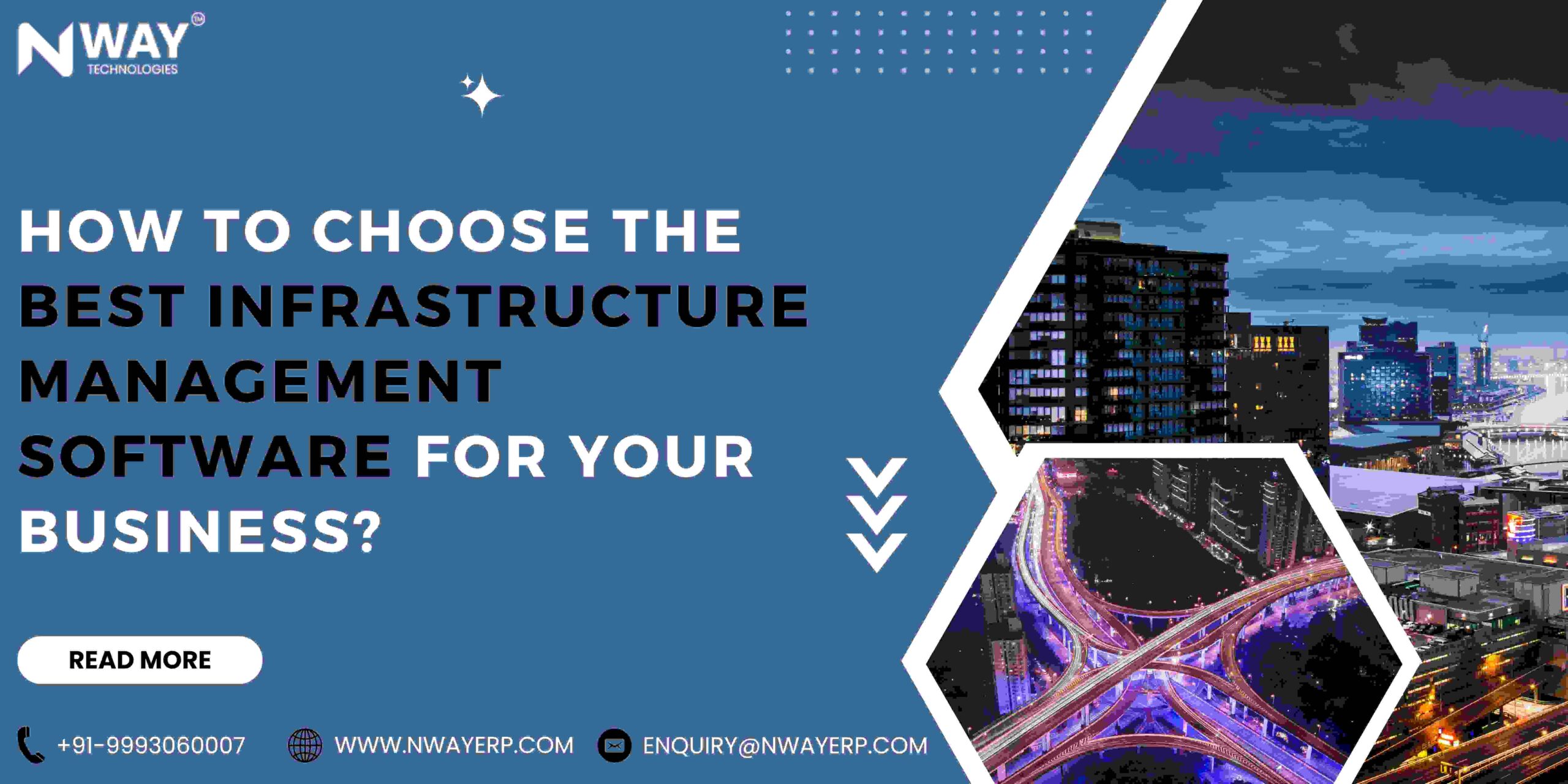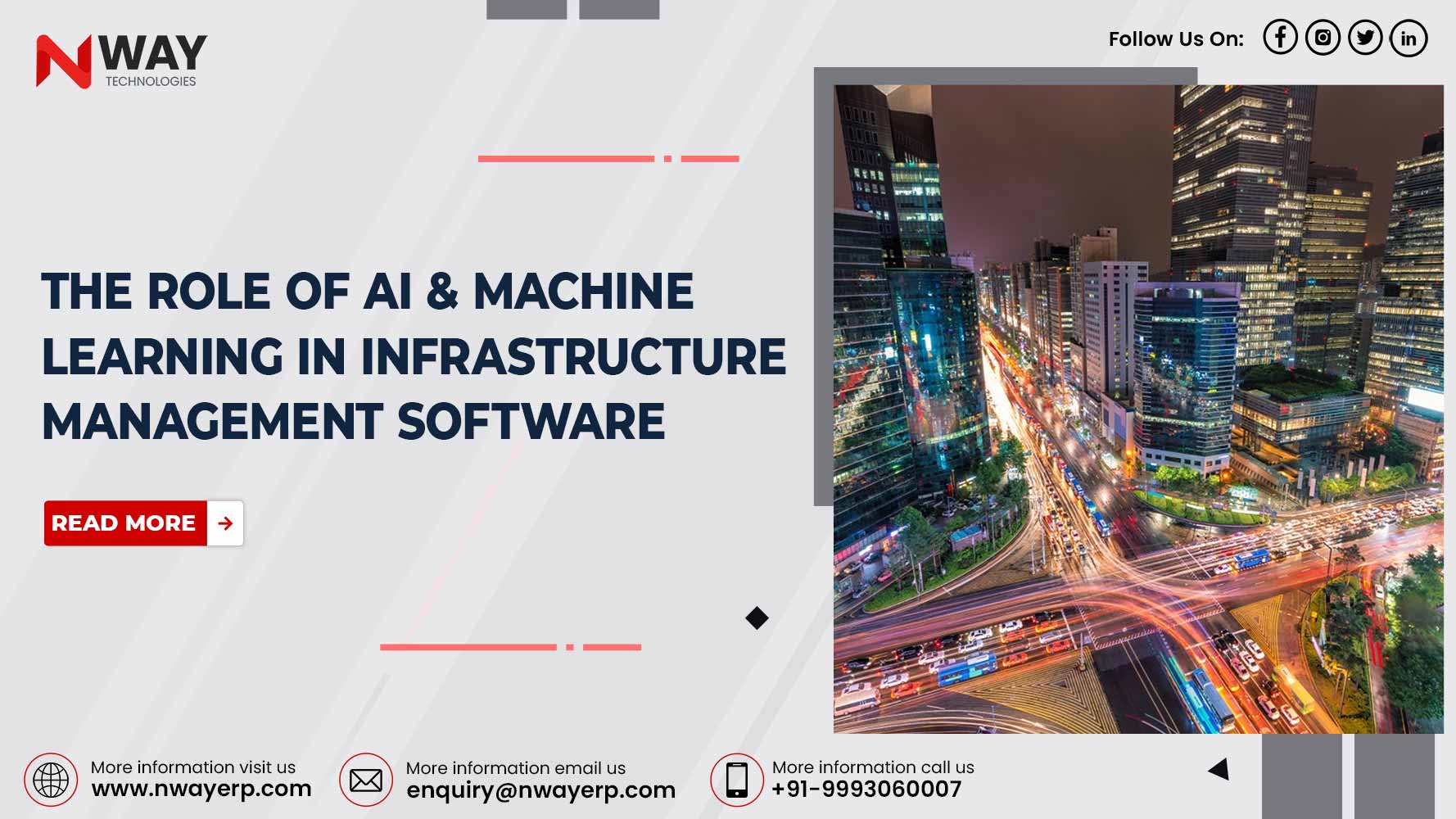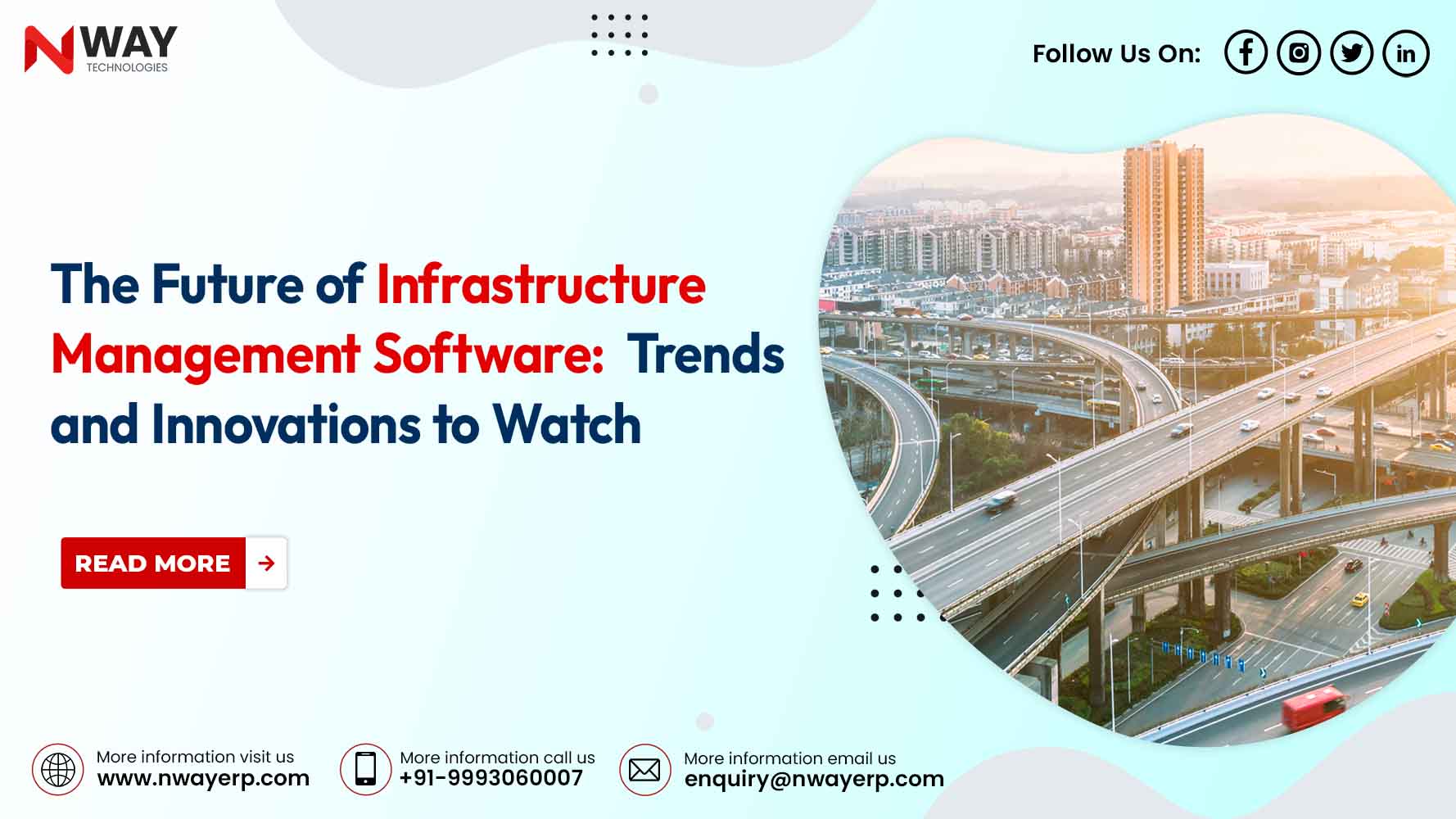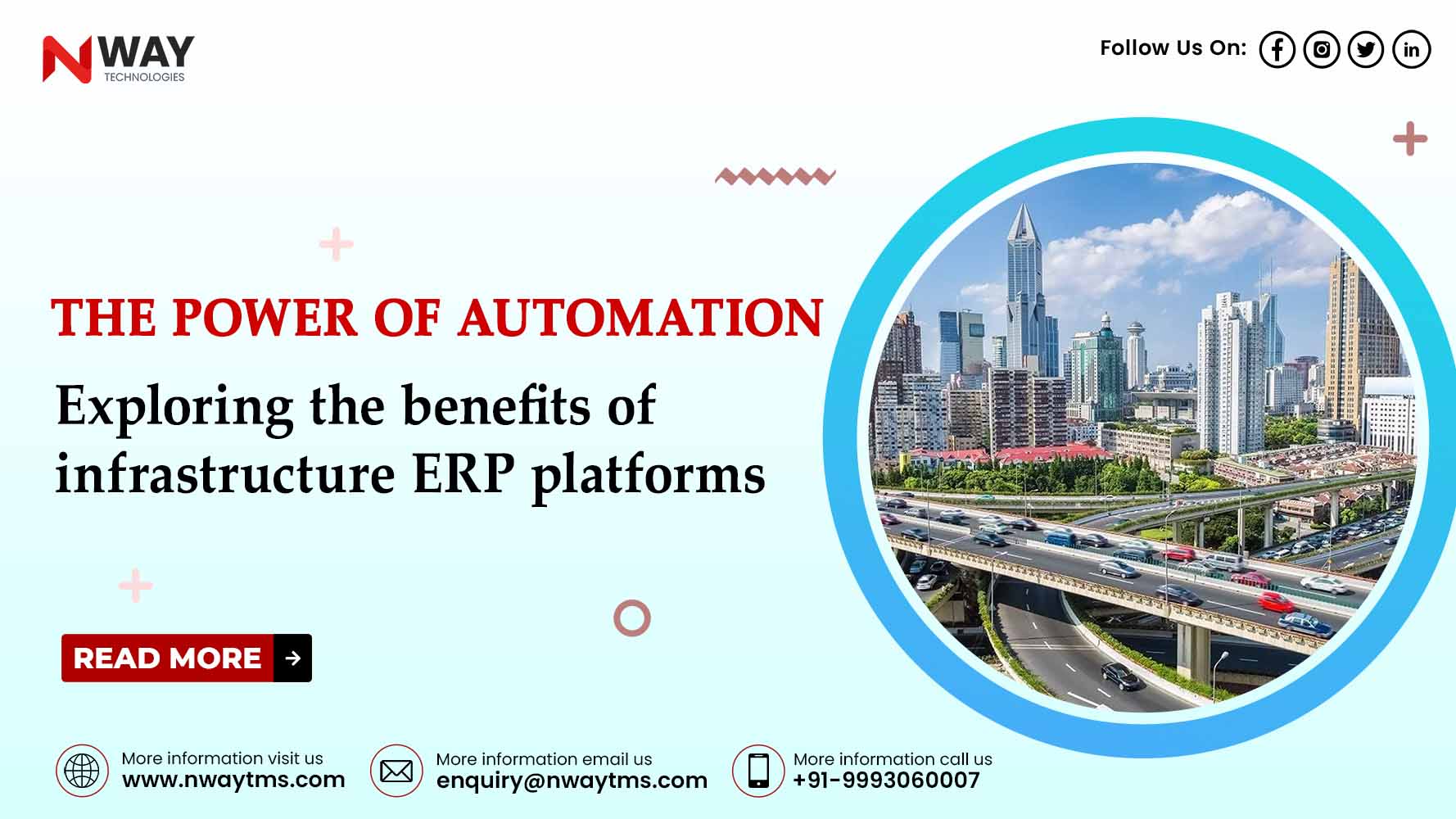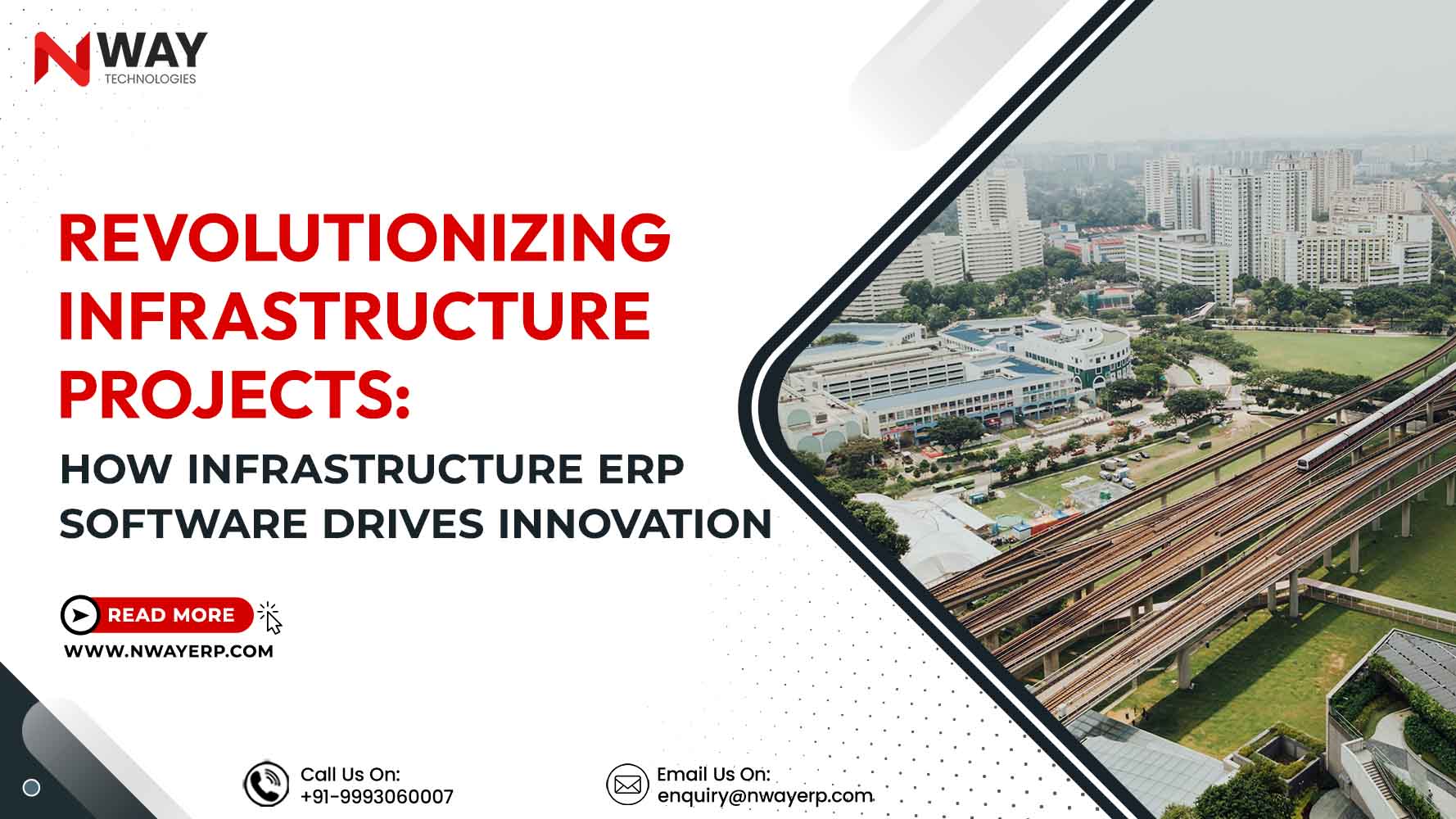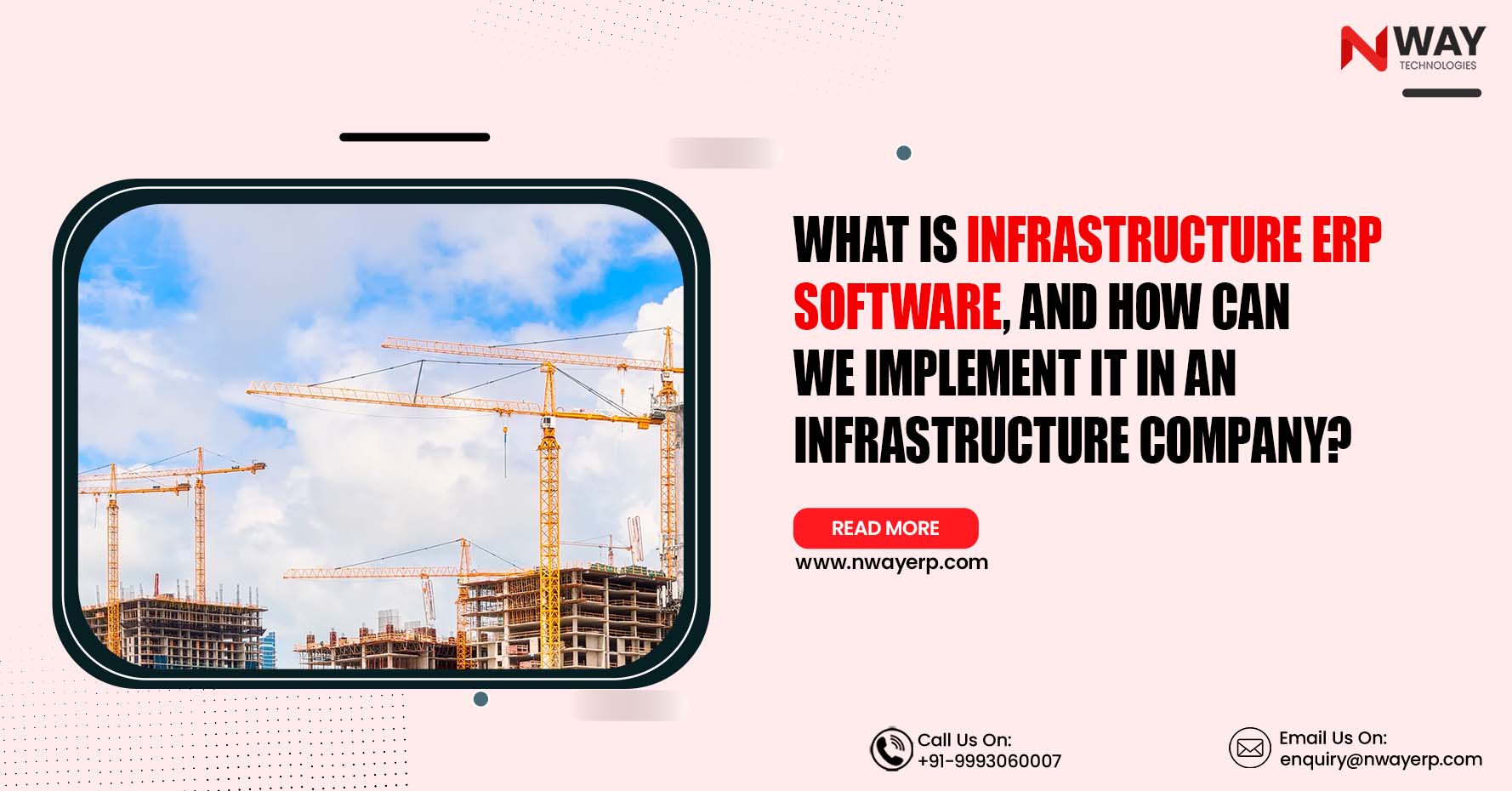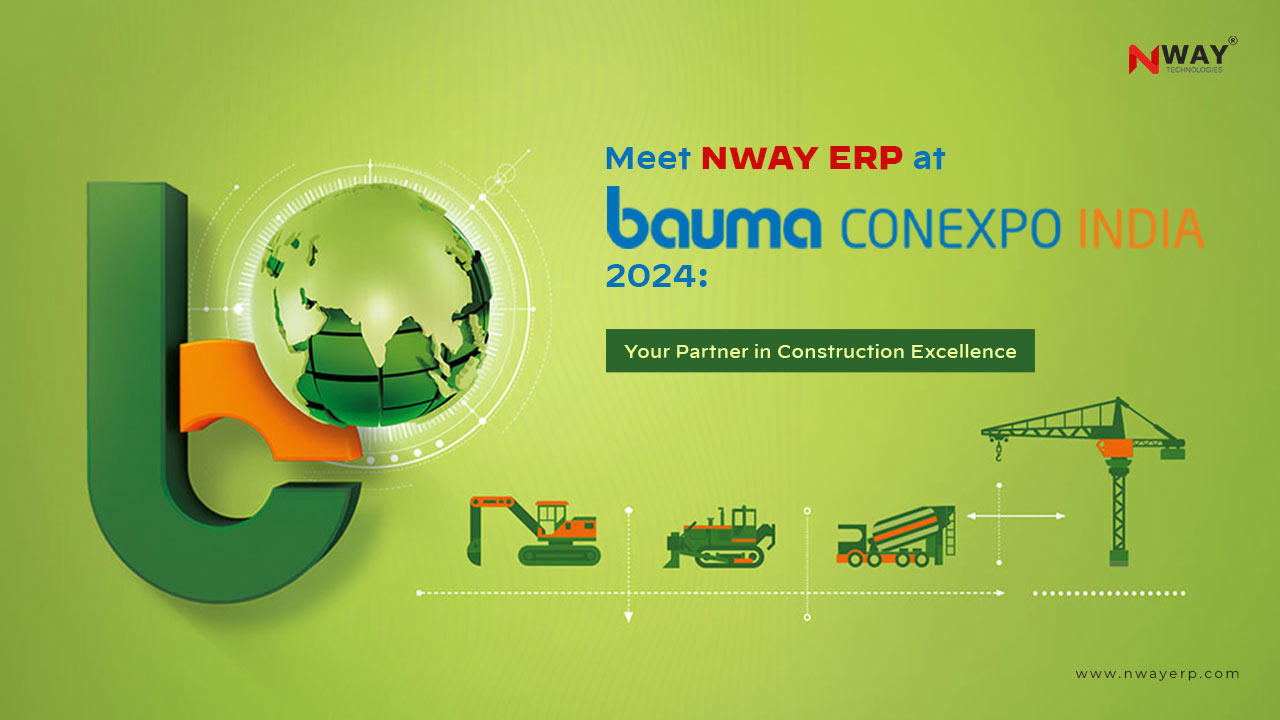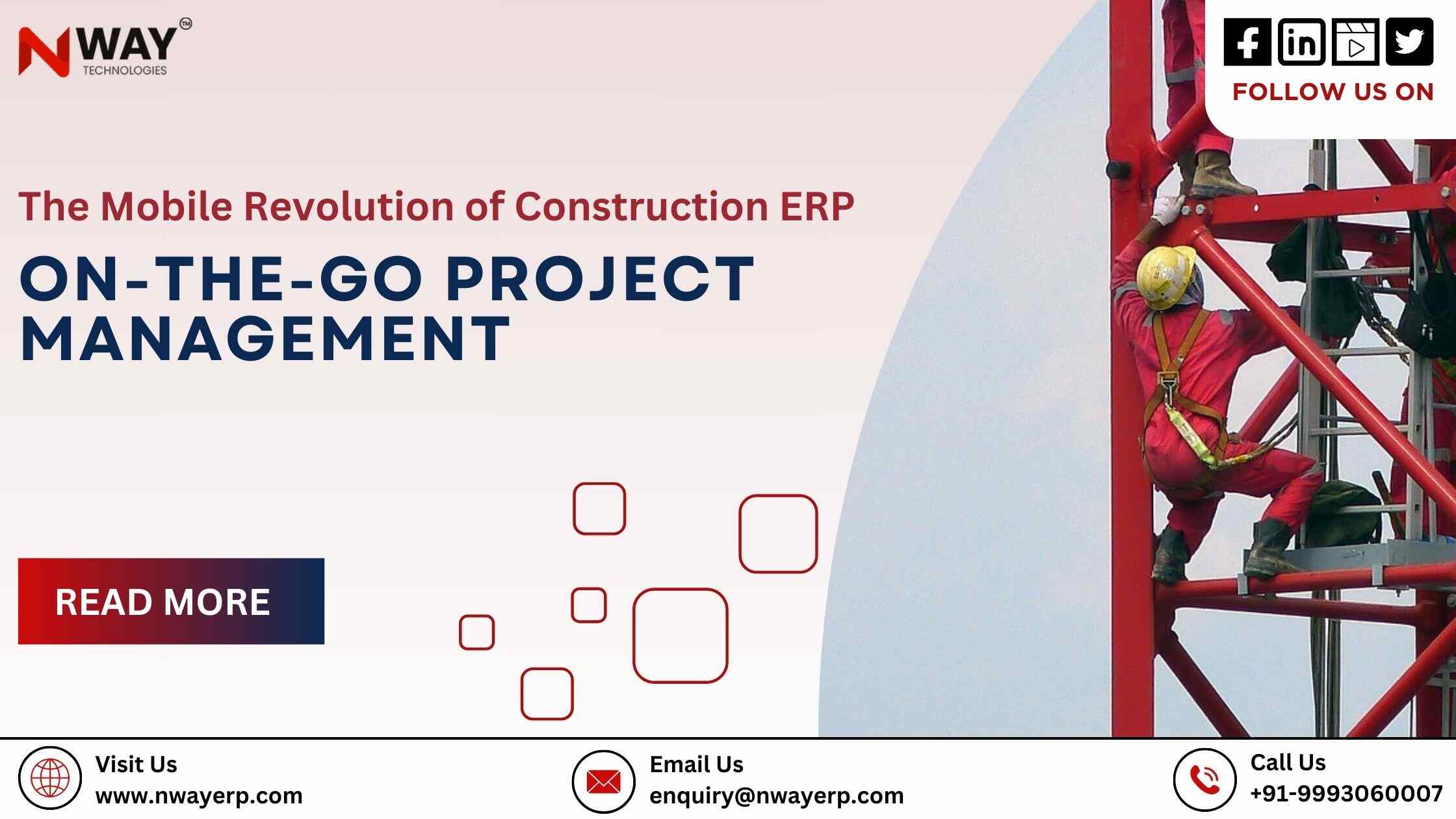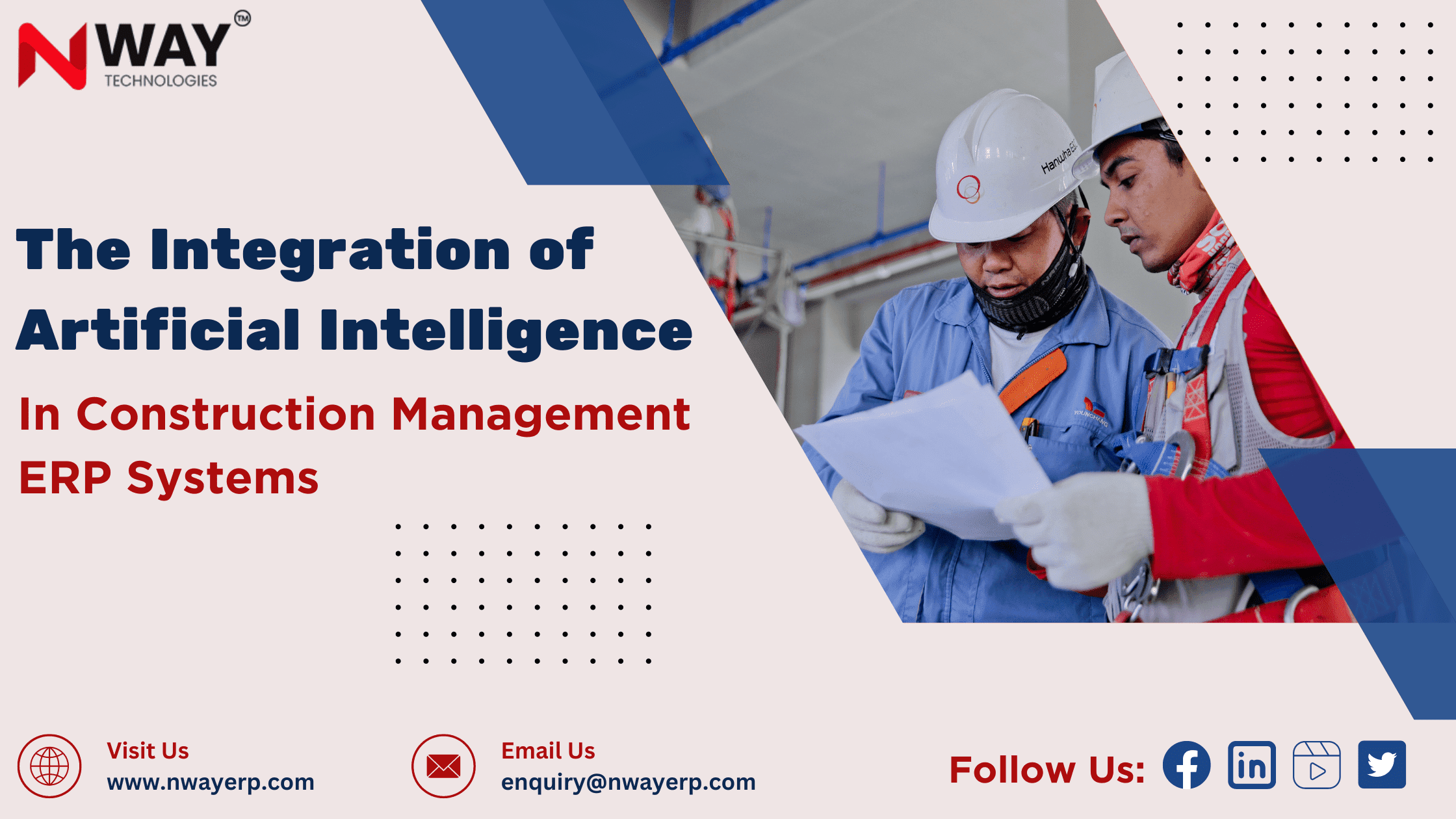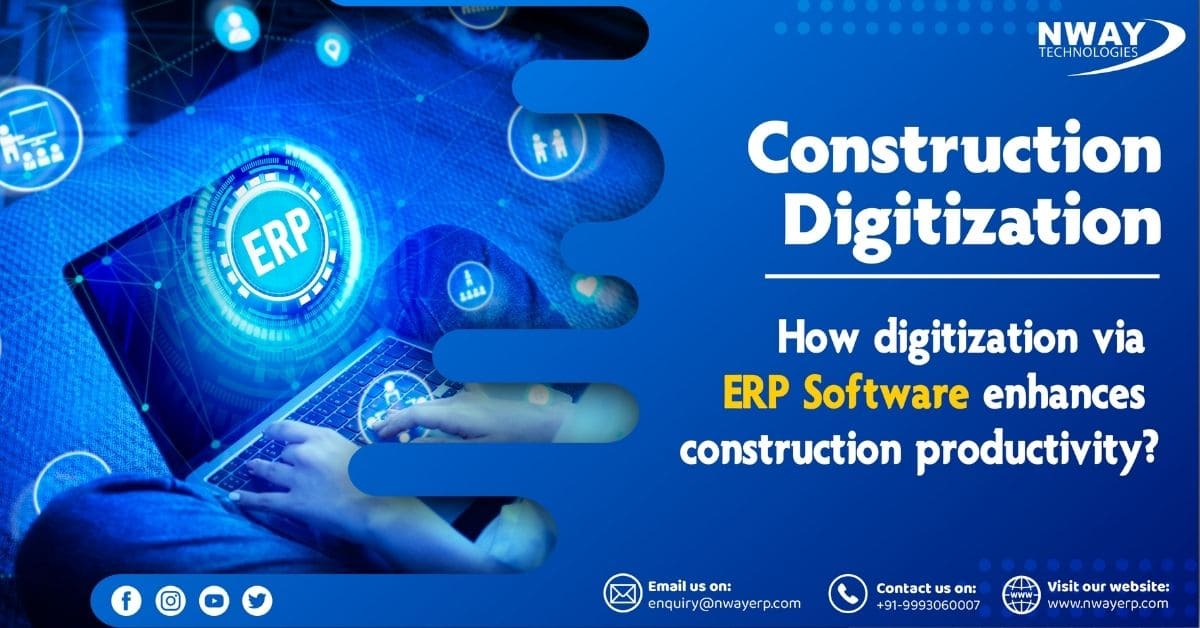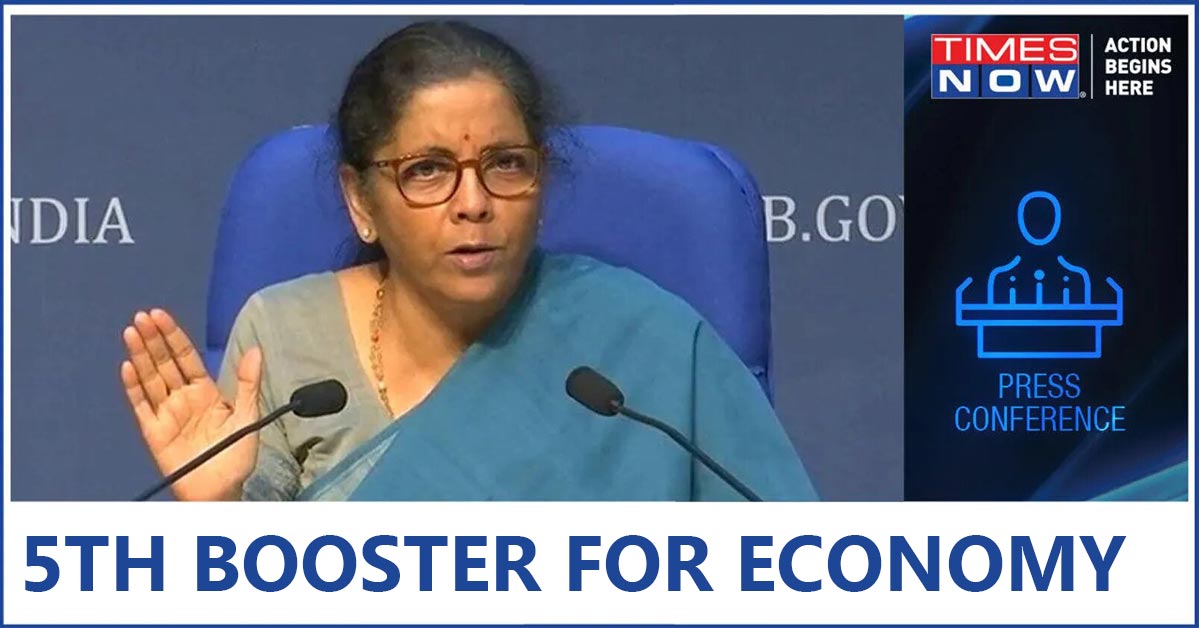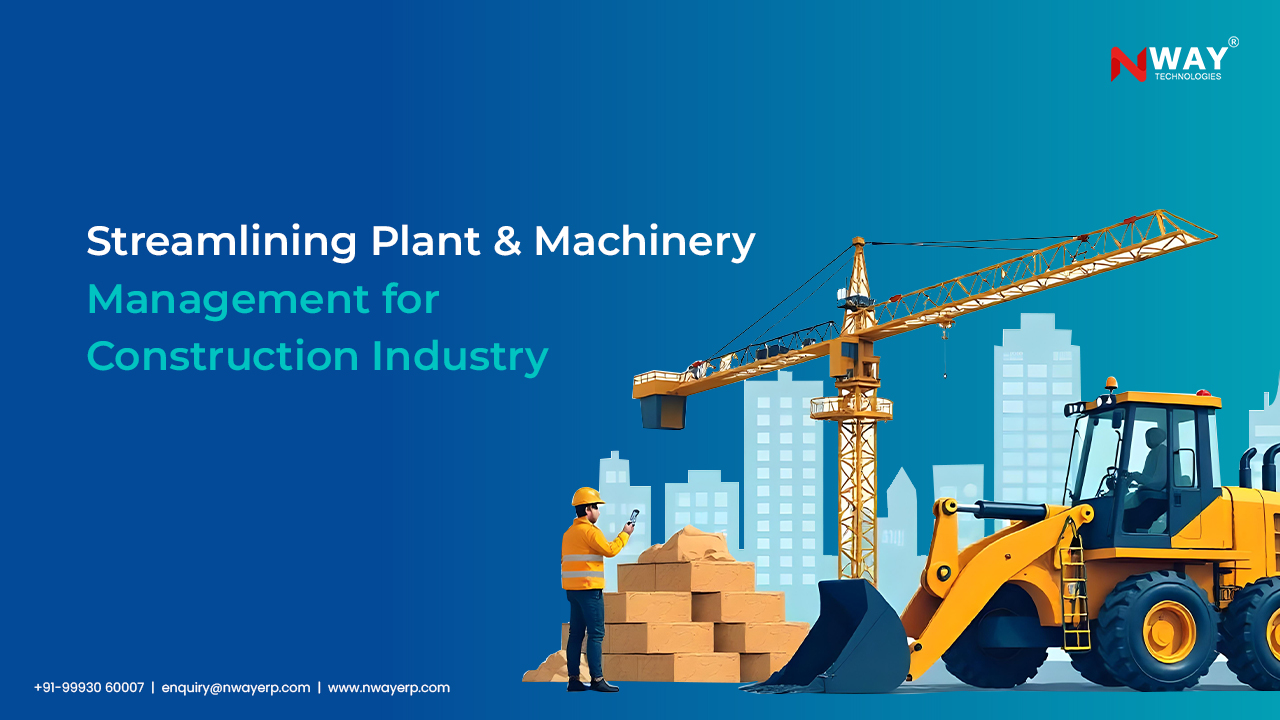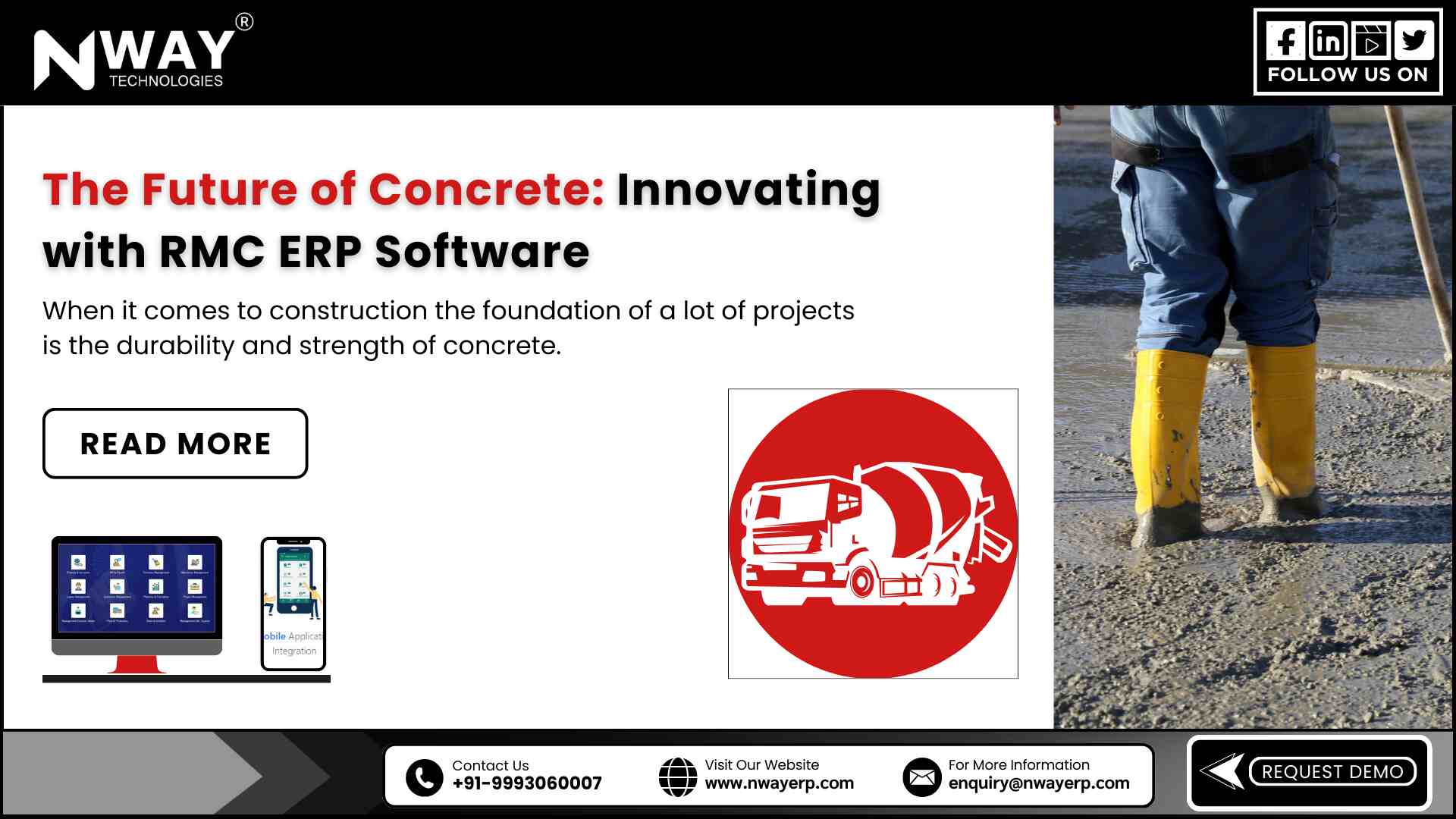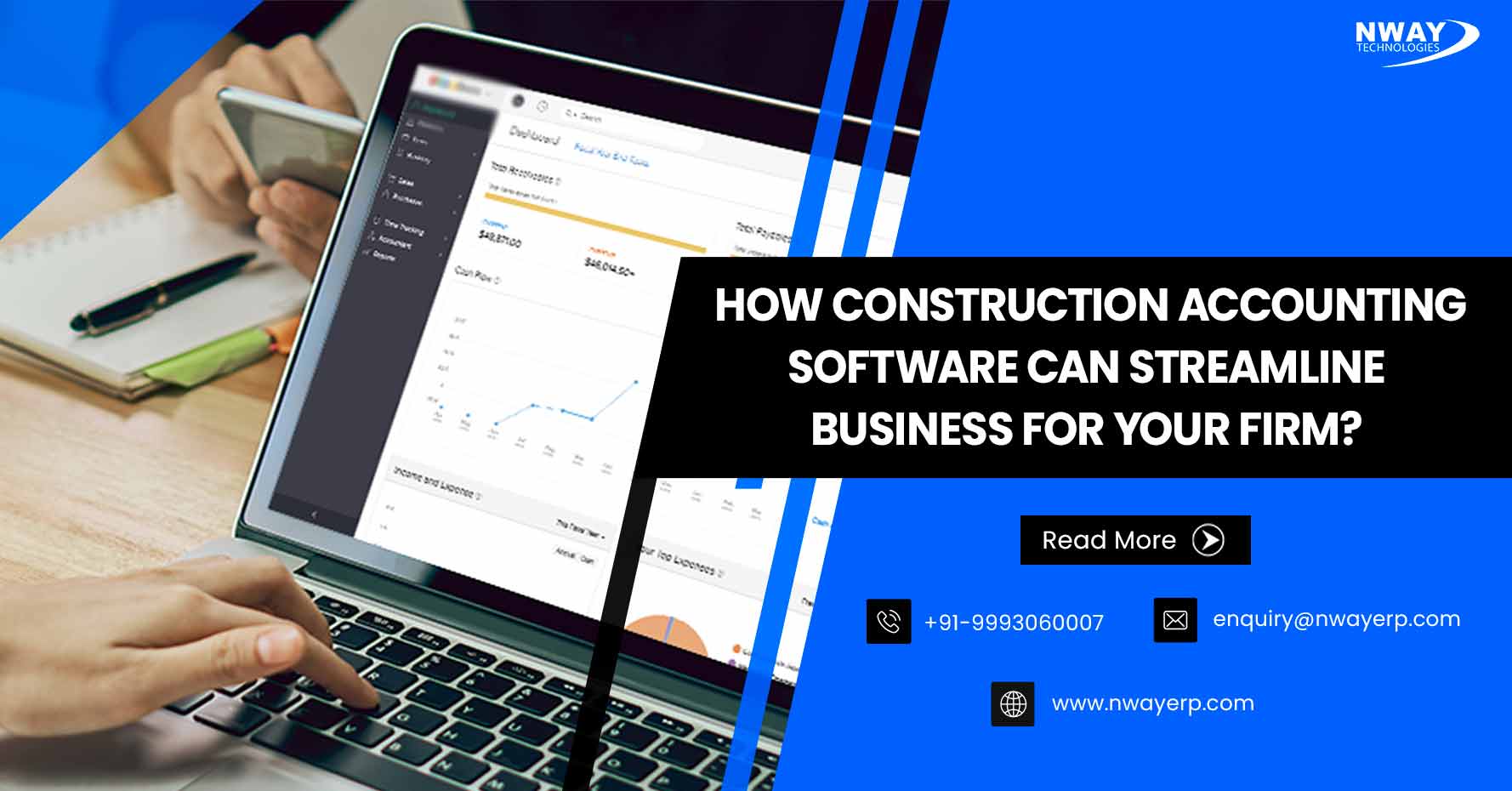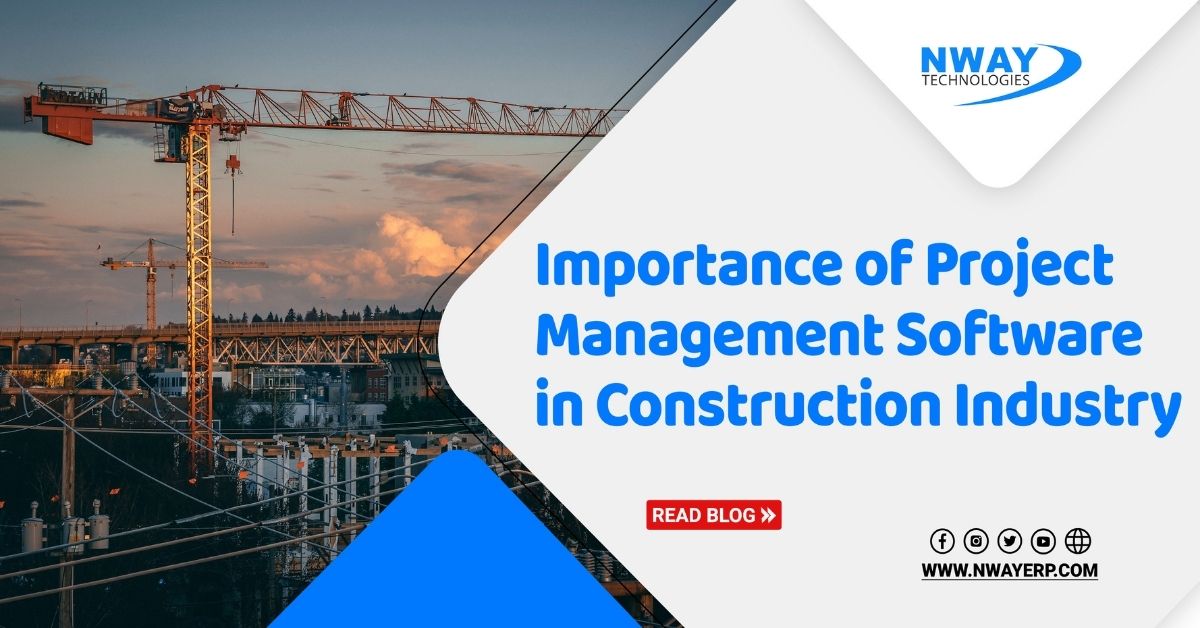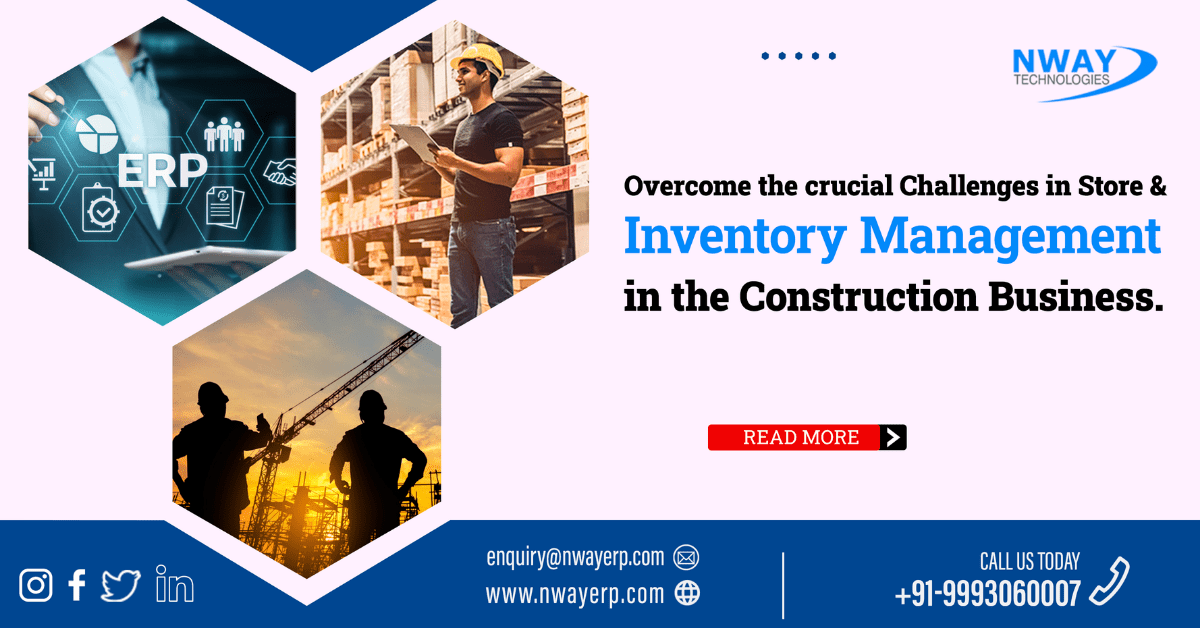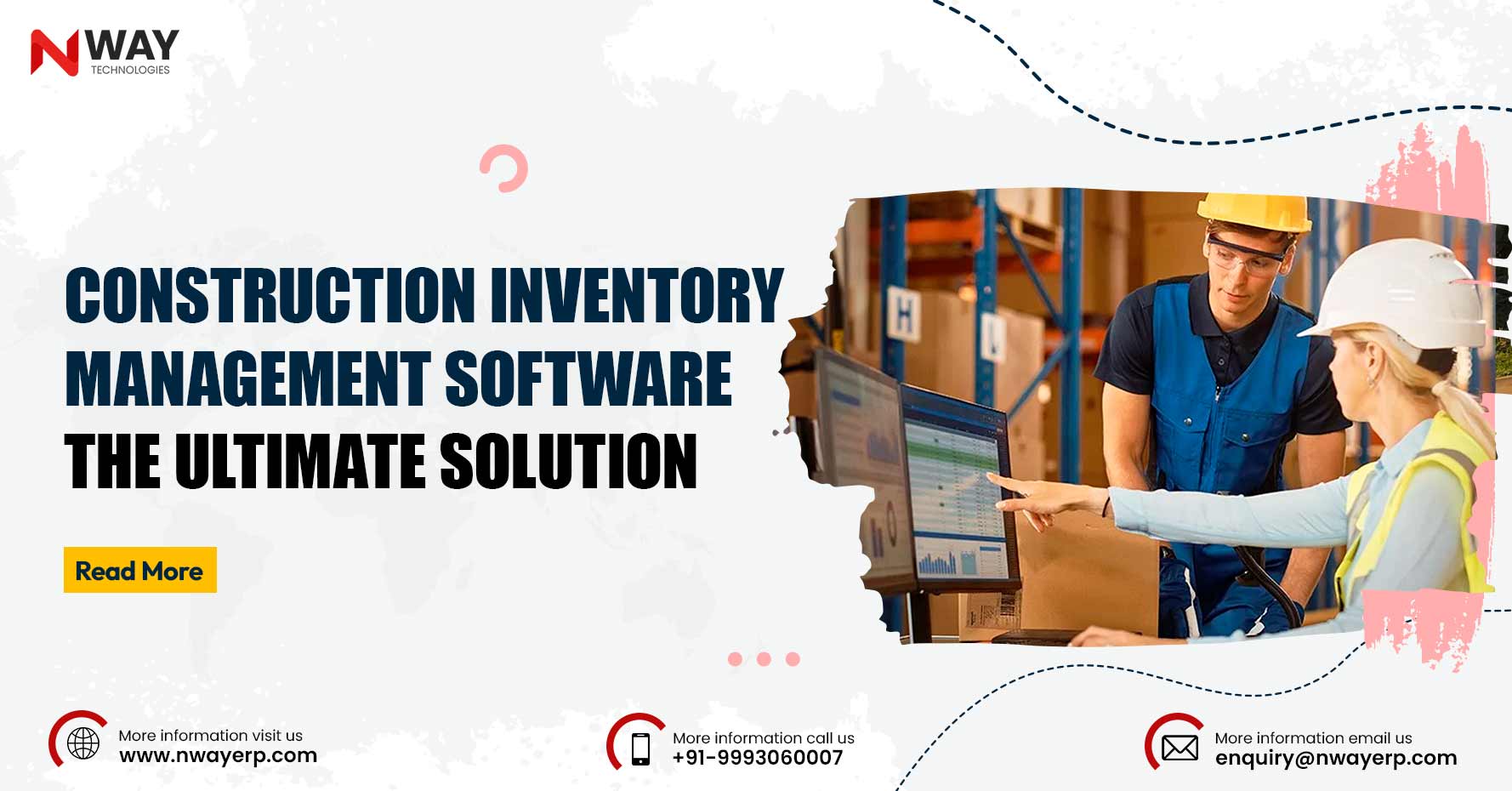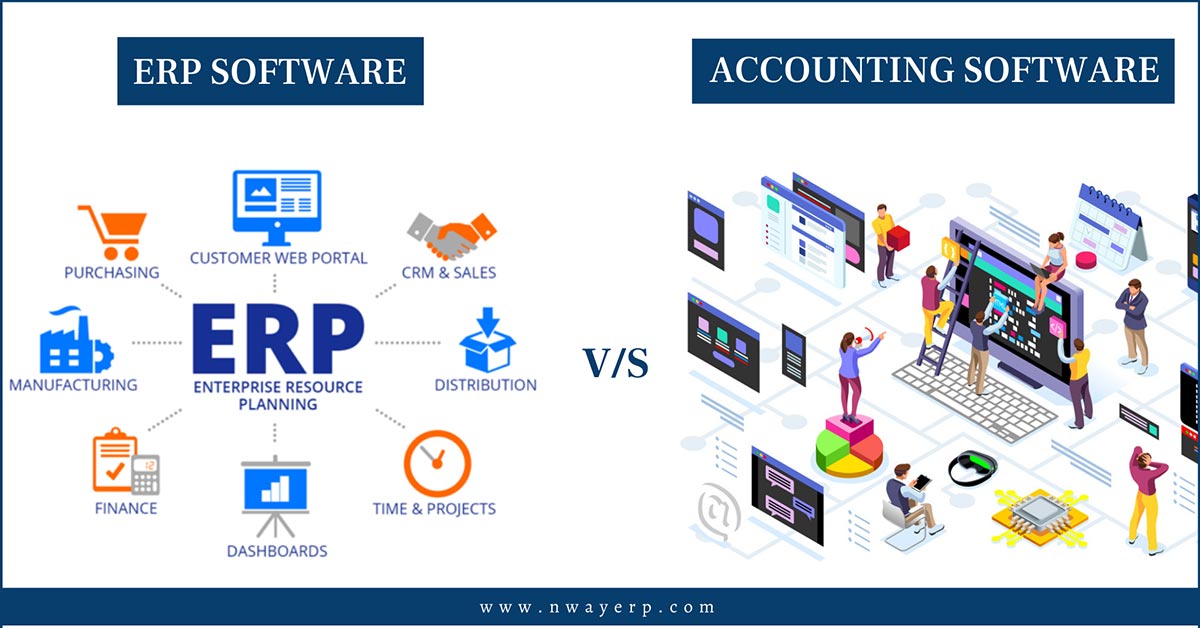Blogs
-
Jun 16 2025Construction projects need close coordination, especially for procurement and vendor management. But handling many suppliers, keeping deliveries on time, and following India’s complex GST rules can be overwhelming, even for experienced contractors. That’s why having a dedicated Vendor Management Software built into a Construction Procurement ERP is so important for large-scale management. Table of Contents: What is Vendor Management in Construction? Understanding the Vendor Management Challenge in Construction What are the KPIs for Vendor Management? What is Construction Vendor Management Software? Benefits of Construction Vendor Management Software Why Manual Vendor Management Fails in Construction Procurement Challenges in Construction Vendor Management & How Construction Procurement ERP Software Can Help How Nway ERP Solves Construction Procurement and Vendor Management Challenges What To Look For In A Vendor Management Software Solution? Why Every Construction Business Needs Vendor Management Software? Why Contractors Choose Nway ERP for Construction Procurement Management? What is Vendor Management in Construction? Vendor management in construction means choosing, checking, and managing suppliers who provide the materials, machines, and services needed to complete a project.It includes tracking their results, making sure they follow rules, handling contracts, and building good relationships to keep quality high, costs low, and deliveries on time. Understanding the
-
May 05 2025Imagine you’re overseeing a construction project, and a late delivery of some important materials like steel or concrete halts work for days. Or, a miscommunication with a supplier leads to unexpected cost increases, forcing you to juggle your routine and go out of the way to stay within budget. These are real challenges in construction procurement management that can derail even the best-planned projects. The solution you need is a construction management software like an ERP designed for the construction business, which simplifies the construction procurement process, minimizes errors, cuts costs, and strengthens supplier relationships. In this blog, we’ll explore how a Construction ERP transforms procurement with practical strategies, along with actionable insights to help you deliver projects on time, within budget, and with confidence. Table of Contents: What is Construction Procurement Management? Importance of Procurement in Construction Is Procurement the Most Important Element in Construction Management? What Are the Procurement Systems in Construction? Is it Possible to Use Both Management and Integrated Procurement Methods for a Construction Project? Challenges in the Construction Procurement Process How Is Automation Used in the Construction Industry? How ERP Software Simplifies the Construction Procurement Process What Are the Key Features and Procurement Benefits of
-
Apr 19 2025In the fast-paced construction world, estimating the construction expenses to target productivity and ROI is essential. An estimating software for contractors provides the real difference in handling large commercial development projects. It can accurately estimate the critical challenge for construction businesses. It is even noticed that companies using Construction estimating software in India can win more bids than those relying on traditional methods. However, choosing the right software for your specific project can be overwhelming, especially with the rapid development in technology and improvements in construction needs in the year 2025. Read this blog to learn everything about selecting and implementing the best construction estimating software for your business. Table of Contents: What is Construction Estimating Software? What Construction Estimating Matters? The Shift From Traditional Methods Benefits of Construction Estimating Software Choosing the Right Software Implementation Tips Conclusion FAQs What is Construction Estimating Software? The best Construction estimating software is a digital tool designed to streamline and automate the process of calculating construction costs. It also helps contractors, builders, and project managers estimate the total cost of a construction project. It will also help in material management, labor management, equipment management, subcontractor expenses, permits, overhead, and more. Depending on multiple
-
Apr 07 2025The construction industry is highly dependent on a smooth and efficient supply chain to ensure timely project completion. However, supply chain disruptions range from material shortages and fluctuating costs to logistical and regulatory issues. It can also severely impact productivity and profitability. Traditional supply chain management methods often fall short of addressing these complexities, leading to project delays, budget overruns, and resource misallocation. This is where the construction supply chain ERP software solution for the supply chain comes into play. ERP software helps integrate various business processes into a centralized system, It also provides real-time data, automation, and enhanced collaboration. Leveraging ERP software can significantly reduce Construction supply chain disruptions and maintain seamless operations. Read this blog to explore how ERP software tackles key supply chain issues in construction and manages cost efficiency, cost savings, and project success. Table of Contents: Common Challenges in Construction How Construction ERP Software Eliminates Supply Chain Disruptions? Conclusion FAQs Common Supply Chain Challenges in Construction 01. Material Shortages and Procurement Delays Construction projects involve different categories of items in the supply chain. However, procurement inefficiencies, supplier issues, and market fluctuations often cause delays. 02. Lack of Real-Time Visibility Traditional supply chain management in construction
-
Mar 26 2025Enterprise Resource Planning (ERP) software has become the backbone of construction businesses, helping organizations streamline their operations, improve efficiency, and enhance decision-making. However, implementing an ERP system is just the beginning. To ensure continuous and seamless operations and adapt to evolving business needs, ongoing ERP support is essential. Without proper support, companies risk inefficiencies, downtime, and operational disruptions. The blog will explore why continuous ERP support is crucial and how it benefits businesses, especially in the construction industry. Table of Contents: What is an ERP System? Key Challenges How ERP Solves These Challenges? Benefits of ERP in Construction Implementation of ERP in Construction Conclusion What is an ERP System? Enterprise Resource Planning (ERP) is a comprehensive software that integrates core business functions such as finance, human resources, supply chain management, project planning, and customer relationship management. ERP for the construction industry provides a centralized database, real-time analytics, and efficient workflows to improve decision-making and operational efficiency. It also helps manage project timelines, material procurement, workforce allocation, compliance requirements, and financial reporting, reducing redundancies and minimizing errors. Scaling the Key Challenges in Construction The construction industry is vast and involves various operations in multiple departments. It faces several hurdles that hinder
-
Mar 18 2025Enterprise Resource Planning (ERP) software has become the backbone of construction businesses, helping organizations streamline their operations, improve efficiency, and enhance decision-making. However, implementing an ERP system is just the beginning. To ensure continuous and seamless operations and adapt to evolving business needs, ongoing ERP support is essential. Without proper support, companies risk inefficiencies, downtime, and operational disruptions. The blog will explore why continuous ERP support is crucial and how it benefits businesses, especially in the construction industry. Table of Contents: What is ERP Support and How Does it Work? Why is Ongoing ERP Support Important? Benefits of Continuous ERP Support for Businesses Best Practices for ERP System Maintenance How ERP Support Enhances Business Efficiency? How a Strong ERP Support Team Can Help Construction Companies? Conclusion What is ERP Support and How Does it Work? ERP support refers to technical assistance, system maintenance, and troubleshooting services for businesses using ERP software. It includes monitoring the overall functioning of the ERP, its operations, updates, and alignment with business goals. The ERP support includes: Help Desk Support: Assisting users with queries, errors, and system-related issues. System Maintenance: Regular updates, bug fixes, and performance optimization. Customization and Scalability: Marking exceptional changes in the
-
Mar 11 2025Clear communication is crucial in the construction industry, where projects involve multiple stakeholders. Whether between project managers, architects, engineers, contractors, or suppliers, effective communication ensures efficiency, reduces costly errors and enhances overall project success. Poor communication in construction, on the other hand, can lead to delays, budget overruns, safety issues, and misappropriation of goals. In this blog, we will discuss the impact of poor communication in construction, the benefits of clear communication, the role of ERP systems in streamlining communication, why NWAY stands out, and how improving communication can drive efficiency in construction projects. Table of Contents: Reasons of Poor Communication Why Clear Communication Matters in Construction? Role of Construction ERP in Improving Communication Why Choose NWAY ERP for Construction Communication? Conclusion Key Takeaways Poor communication in construction leads to delays, cost overruns, and safety risks. Clear communication helps in driving efficiency, collaboration, and decision-making. Construction ERP software streamlines communication by centralizing data and optimizing reporting. NWAY ERP is the ideal solution for construction companies enhancing communication and optimizing operational efficiency. Investing in better communication strategies today ensures long-term success in construction projects. Reasons for Poor Communication in Construction Communication is often one of the most important aspects in the
-
Mar 04 2025Key Takeaways: Construction ERP enhances efficiency, productivity, and cost management. It helps streamline procurement, compliance, and reporting. With efficient ERP software for construction, companies can solve problems like budget overruns, resource mismanagement, and regulatory compliance issues. Successful implementation needs efficient planning and stakeholder management. The overall impact of construction ERP helps improve decision-making, reduce operational costs, and improve project management and execution. The Necessity of Construction ERP The construction industry is one of the most efficient, dynamic, and complex sectors involving multiple stakeholders, vast resources, and extensive project timelines. Traditional management methods often fail to address the increasing demands for efficiency and cost-effectiveness. ERP software for construction serves as a comprehensive system; it also helps integrate various business processes into a centralized system, ensuring seamless workflow and data-driven decision-making. By utilizing construction management, companies can centralize data, automate processes, and enhance communication among stakeholders, leading to improved project management and profitability. Budget Overruns and Cost Management Projects often exceed budget due to poor financial management, planning, fluctuating material costs, and unforeseen expenses. Construction companies often struggle to maintain cost without real-time tracking, leading to significant financial losses. Resource Allocation and Workforce Management Inefficient allocation of manpower, machinery, and materials leads
-
Feb 26 2025Companies worldwide are adopting technologies that can drive success. In this regard, construction companies are also growing immensely by adopting technologies like Enterprise Resource Planning (ERP). ERP helps companies increase efficiency, streamline operations, and enhance productivity. However, selecting robust construction ERP software that includes efficient features and implementation strategies can be daunting. Read this blog to learn about ERP implementation challenges and risks and the solutions to overcome them. Before jumping into the common ERP implementation challenges, let’s look into the role of ERP in the construction industry. What is ERP in Construction? Enterprise Resource Planning (ERP) is a comprehensive software platform that integrates and manages core business processes such as finance, supply chain management, human resources, procurement, project management, and more. By managing these processes in a centralized platform, ERP software provides real-time data flow, improves operational efficiency, and enhances decision-making capabilities. It creates a dynamic, project-based process in the construction industry. What is the ERP Implementation Process? ERP implementation refers to the process of planning, configuring, and deploying an ERP system within an organization. This process involves multiple stages, including: Steps in ERP Implementation Planning: Defining goals, scope, and timelines. Design: Customizing the system easing construction-specific needs. Development:
-
Feb 21 2025The construction industry is known for its complex projects, tight deadlines, and high operational costs. Managing multiple tasks simultaneously, resources, and compliance requirements can be overwhelming without the right tools. Choosing the right construction engineering software can help manage operations, reduce costs, and enhance productivity – helping businesses save up to 20% on costs. Read this blog to learn how construction engineering software helps save huge costs and reduce expenses. What is Construction Engineering Software? Construction engineering software is a comprehensive software designed for construction businesses to manage their projects effectively. It helps integrate project planning, scheduling, resource management, budgeting, communication, and compliance into a single platform. Its ability to provide real-time insights and management. A CMS can also reduce human errors, increase productivity, manage costs, and boost overall management. Construction ERP software takes construction management a step further by integrating various business processes into a unified platform. It offers a broader range of financial, operational, and administrative controls, it also involves cost management at multiple levels. 01 Comprehensive Financial Management Construction engineering software centralizes financial data, providing real-time visibility into project expenditures, accounts payable/receivable, payroll, and economic forecasting. With effective invoicing, cost-tracking, and budget control. 02. Supply Chain Management
-
Feb 19 2025Technologies like ERP systems are transforming the construction industry. They are changing how the industry operates, manages projects, and allocates resources. Improving core business processes like finance, procurement, resource allocation, project planning, and managing the entire supply chain with real-time insights leads to better decision-making and efficiency. A feature-rich ERP software helps identify unique construction needs and provides comprehensive solutions. It needs end-to-end management of construction projects. Read this blog to learn about common ERP implementation challenges and how to overcome these challenges effectively. Steps to Implement ERP Software in the Construction Industry Implementing a robust ERP helps create a structured approach to ensure a smooth transition and provide optimal resource utilization. Here are the key steps. Requirement Analysis Identify business requirements and objectives. Conduct a gap analysis to understand the glitches in the process. ERP Selection Choose the right ERP modules that align with business needs. Planning & Strategy Develop a detailed implementation plan with timelines, resource allocation, and risk assessment. System Design and Customization Configure the system to meet specific business processes. Opt for features that are required for unique operational requirements. Data Migration Prepare existing data for migration. Transfer data securely and accurately to the new system.
-
Feb 04 2025Resource management is the backbone of every successful construction project. Without proper allocation and tracking of materials, labor, and equipment, projects often experience delays, cost overruns, and inefficiencies. The construction industry operates in a highly competitive environment, and resource mismanagement can lead to major setbacks. Construction ERP Software effectively addresses these challenges. It can centralize and manage resource planning, ensuring efficient use of labor, materials, and equipment. Read this blog to learn how ERP for Resource Management in construction can streamline operations, improve productivity, and enhance overall project management. Key Challenges in Construction Resource Management Inefficient Resource Allocation Many construction companies struggle with improper materials, labor, and machinery distribution. Over- and underutilizing materials and resources can cause severe project delays and financial losses. Lack of Real-Time Tracking Without real-time tracking, project management lacks visibility into how resources are used, leading to inefficiencies, shortages, and wastage. Budget Overruns Resource mismanagement often leads to unforeseen costs, which can cause projects to exceed their budgets. This can result in financial crises and reduced profitability. Delays Due to Poor Planning Failure to plan resource availability and requirements can lead to delays in construction activities, affecting project timelines and delivery schedules. Poor Communication Construction projects
-
Jan 25 2025In the fast-paced construction world, various operations like procurement, inventory, HR & payroll, finance, and more exist. All these need to be managed effectively daily. Effective inventory management ensures projects are completed on time and within budget. Materials, tools, and equipment are the lifeblood of any construction project, and mismanagement can lead to delays, cost overruns, and operational inefficiencies. With the increasing advent of digital transformation construction inventory management with ERP software has emerged as one of the most powerful tools. Explore this blog to learn more about inventory management systems and how construction ERP software can streamline operations in the construction industry. What is Inventory Management in Construction? Inventory management in construction is a process of ordering, storing, using, and tracking stock, including raw materials, finished goods, and other required items of construction. Some of its essential elements are cement, steel, machinery, and consumables. It ensures stock levels and avoids shortages or excesses. What is an Inventory Management Software? Inventory management software tracks and manages inventory levels, orders, sales, and deliveries. In the construction industry, it helps monitor inventory materials and equipment flow from suppliers to construction sites. Construction inventory management with ERP software provides real-time visibility, effective workflows,
-
Jan 22 2025In the rapidly growing construction industry, embracing technology is no longer optional – it’s a necessity. Mobile applications for construction ERP software are transforming how projects are managed, improving efficiency, and driving better outcomes. Here are the key benefits of integrating a mobile application with your construction ERP Software: 01. Real-Time Data Access With mobile applications, stakeholders like contractors, managers, project managers, and supervisors have instant access to critical project data, anytime and anywhere, according to the access required and given to them. This also ensures: Updated information for field workers and office staff. Reduced delays caused by outdated or inaccessible data. Improved decision-making through accurate, real-time insights. Enhanced client reporting and transparency by providing up-to-date progress reports and metrics. 02. Enhanced Communication Seamless communication between on-site and off-site teams is essential for successful project execution. A mobile ERP app facilitates: Instant messaging and notifications. Easy sharing of updates, reports, and images. Reduced communication gaps and misunderstandings. 03. Streamlined Operations From managing resources to tracking project timelines, a mobile ERP application streamlines operations by: Automating routine tasks such as attendance tracking and inventory management. Allowing on-site updates for progress tracking and resource allocation. Providing tools for scheduling and workflow management.
-
Jan 04 2025Multiple projects at different locations and sites must be managed in the construction world. It involves seamless integration coordination and financial operations. Managing budgets, tracking expenses, ensuring compliance, and forecasting profitability are challenges businesses face daily. However, integrating a robust ERP for construction financial management can transform how your business handles finances, paving the way for greater efficiency, accuracy, and profitability. Major Challenges in Construction Financial Management Complex Budget Management With multiple projects running simultaneously, managing budgets and ensuring resource allocation without overspending can be daunting. Delayed Payment Processing Manual invoicing and payment processes often lead to delays, impacting cash flow and project timelines. Compliance and Regulatory Burden Staying updated with ever-evolving tax regulations and compliance requirements demands significant effort and expertise. Lack of Real-Time Insights Ineffective financial data hinders decision-making and may lead to costly errors. Inefficient Resource Allocation Without centralized financial data, optimizing resource allocation becomes challenging, affecting project profitability. How ERP Transforms Financial Operations ? A well-implemented ERP system tailored for the construction industry addresses these challenges and introduces innovative ways to manage finances. These include: Centralized Financial Data A good ERP for Financial management in construction can integrate all the data into a single platform, it

